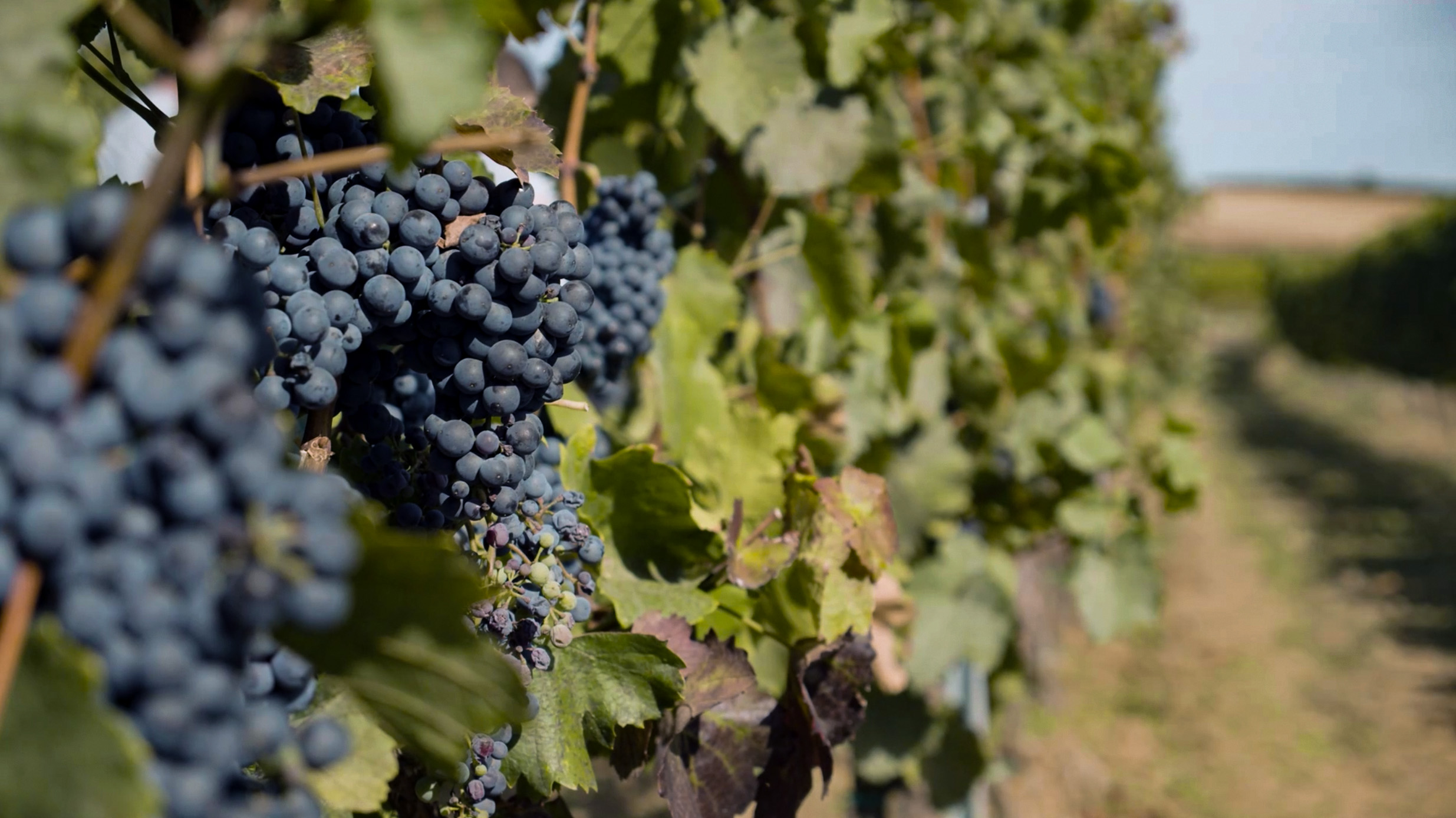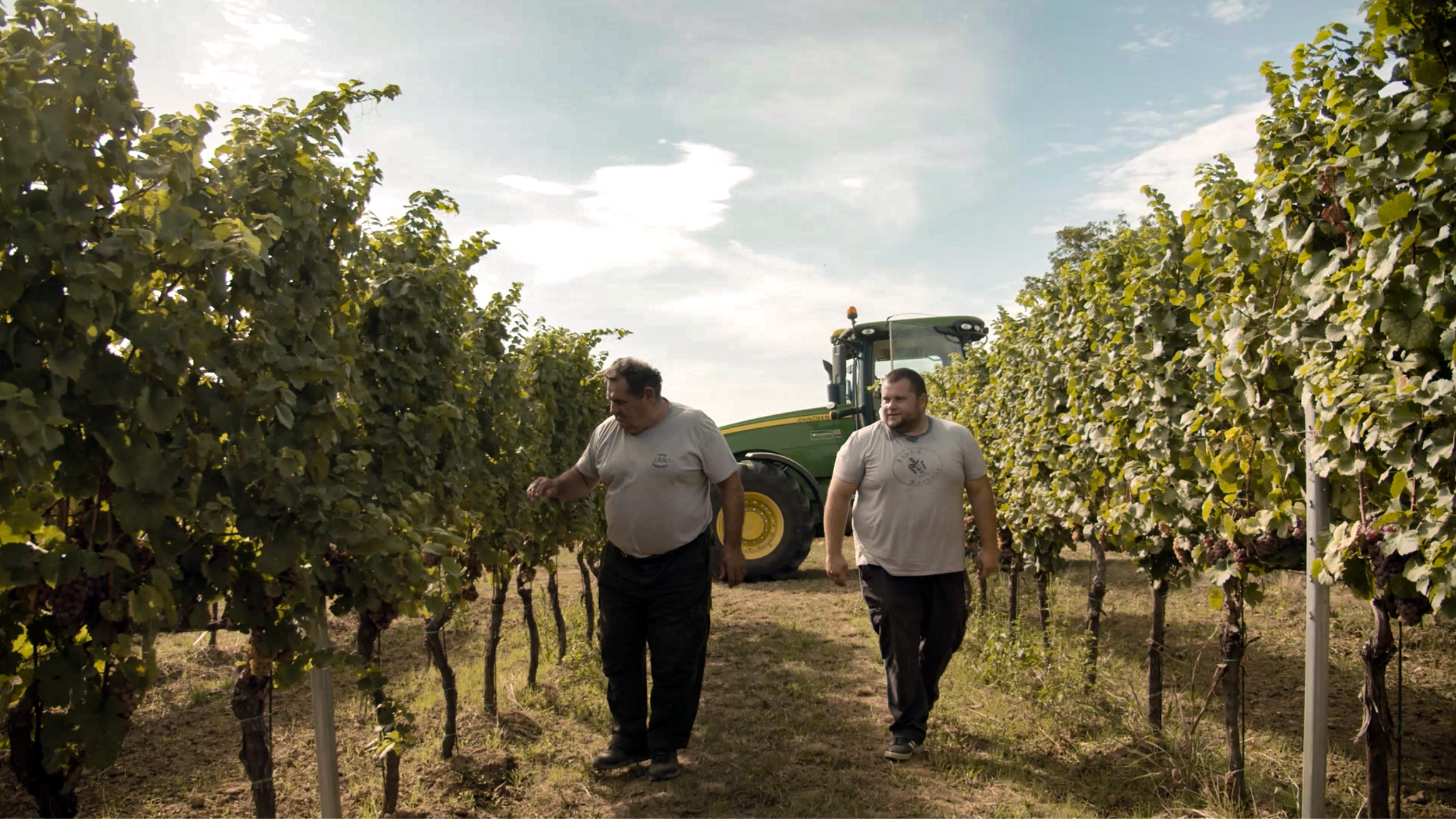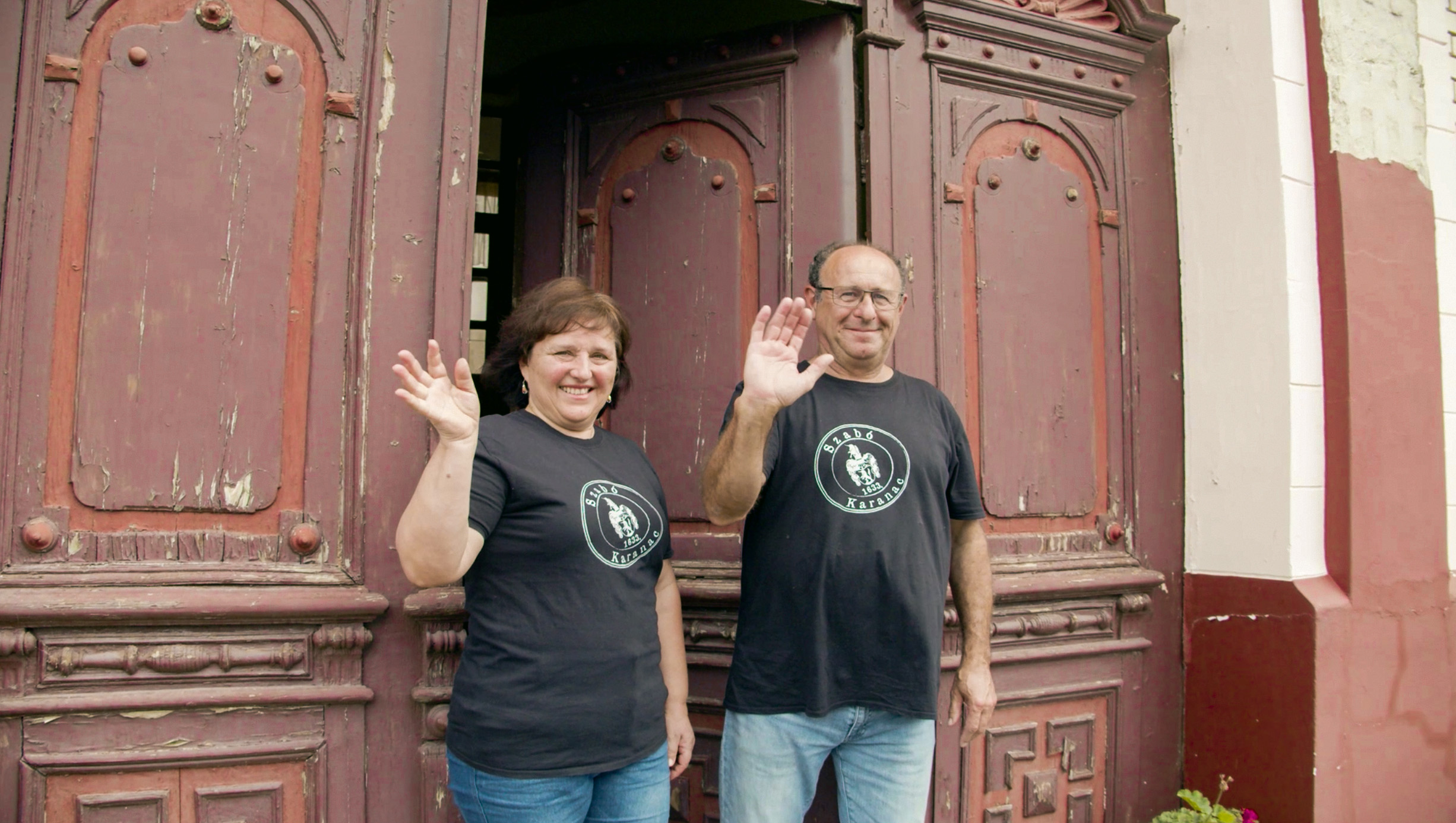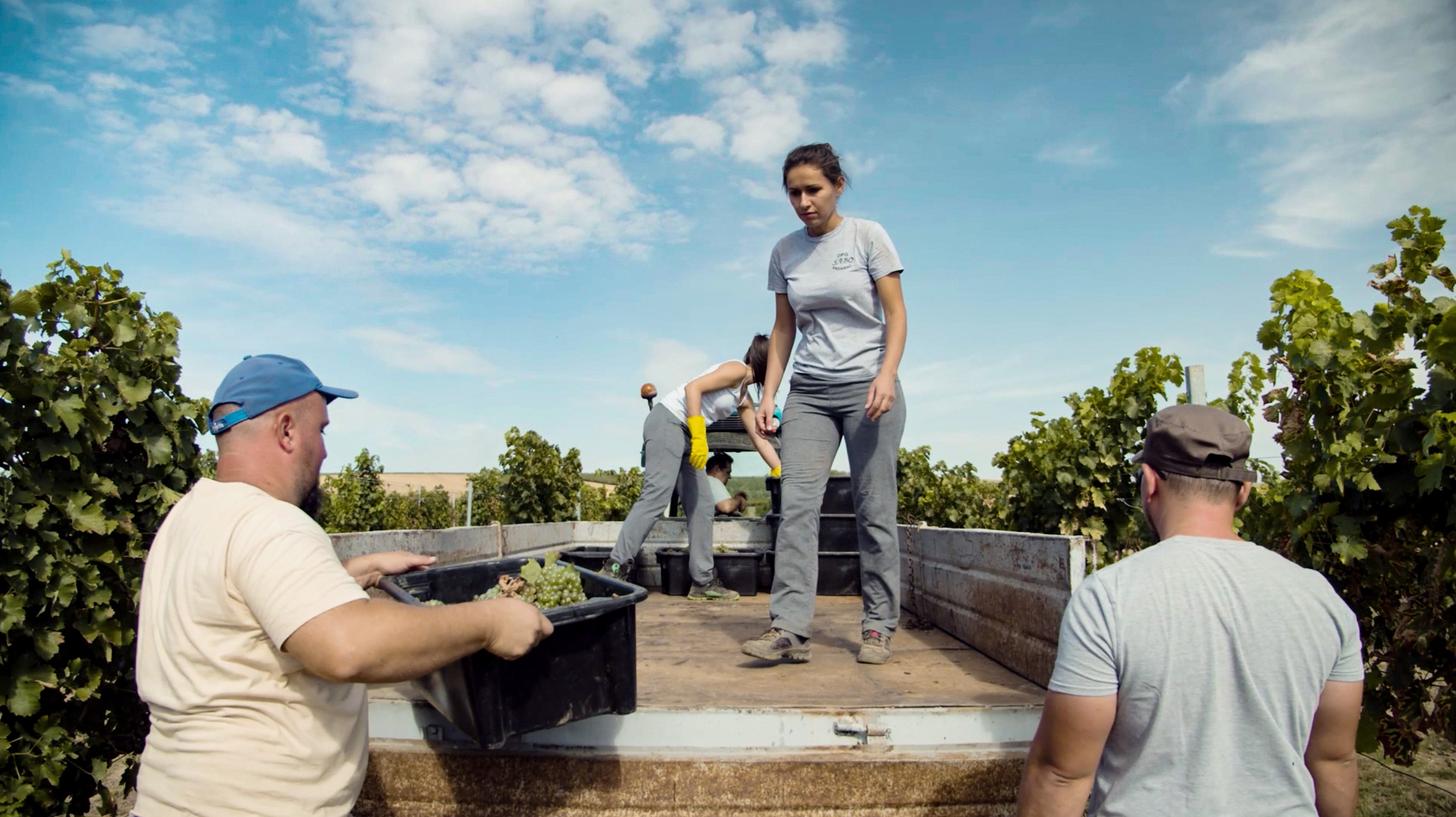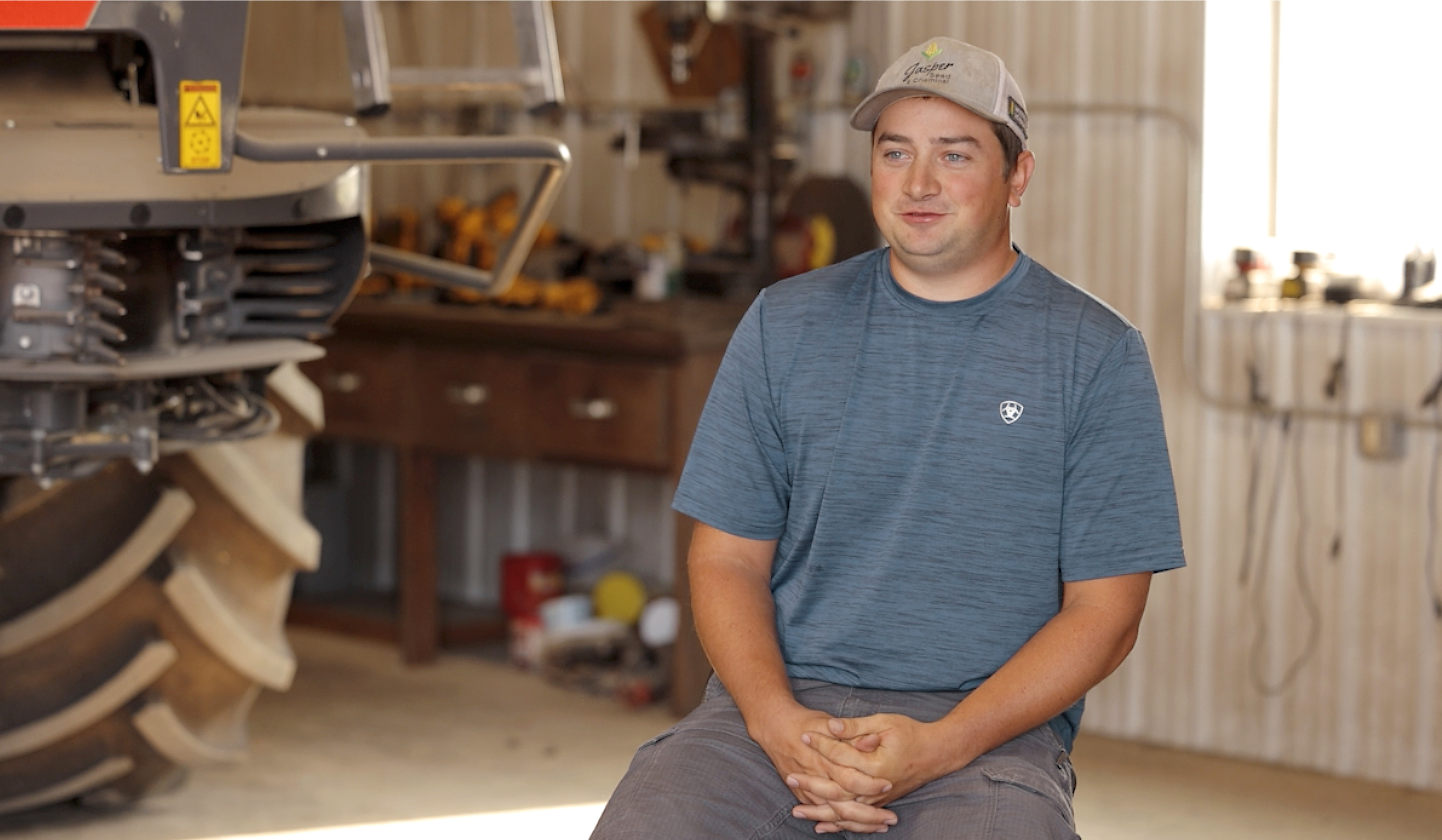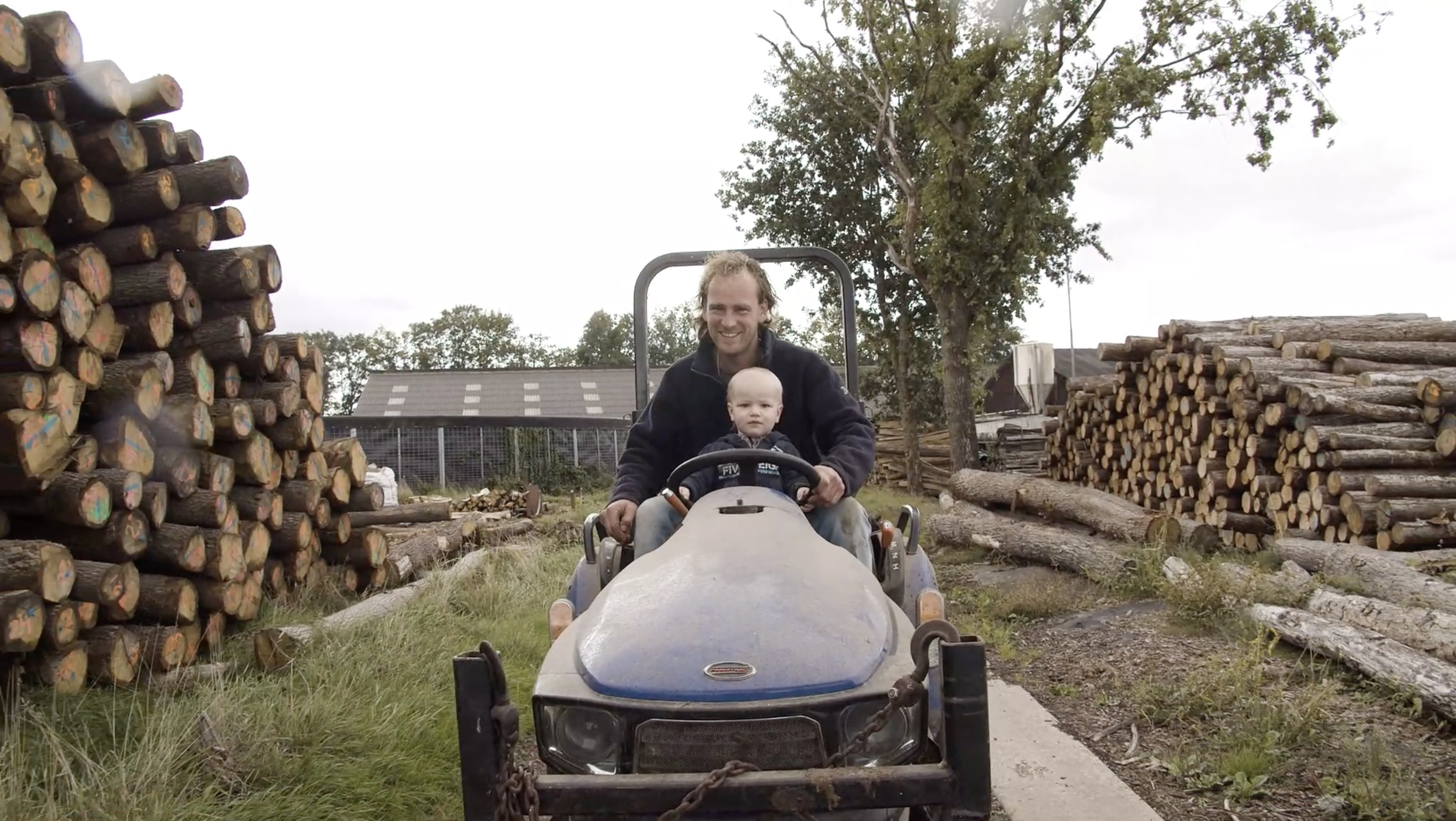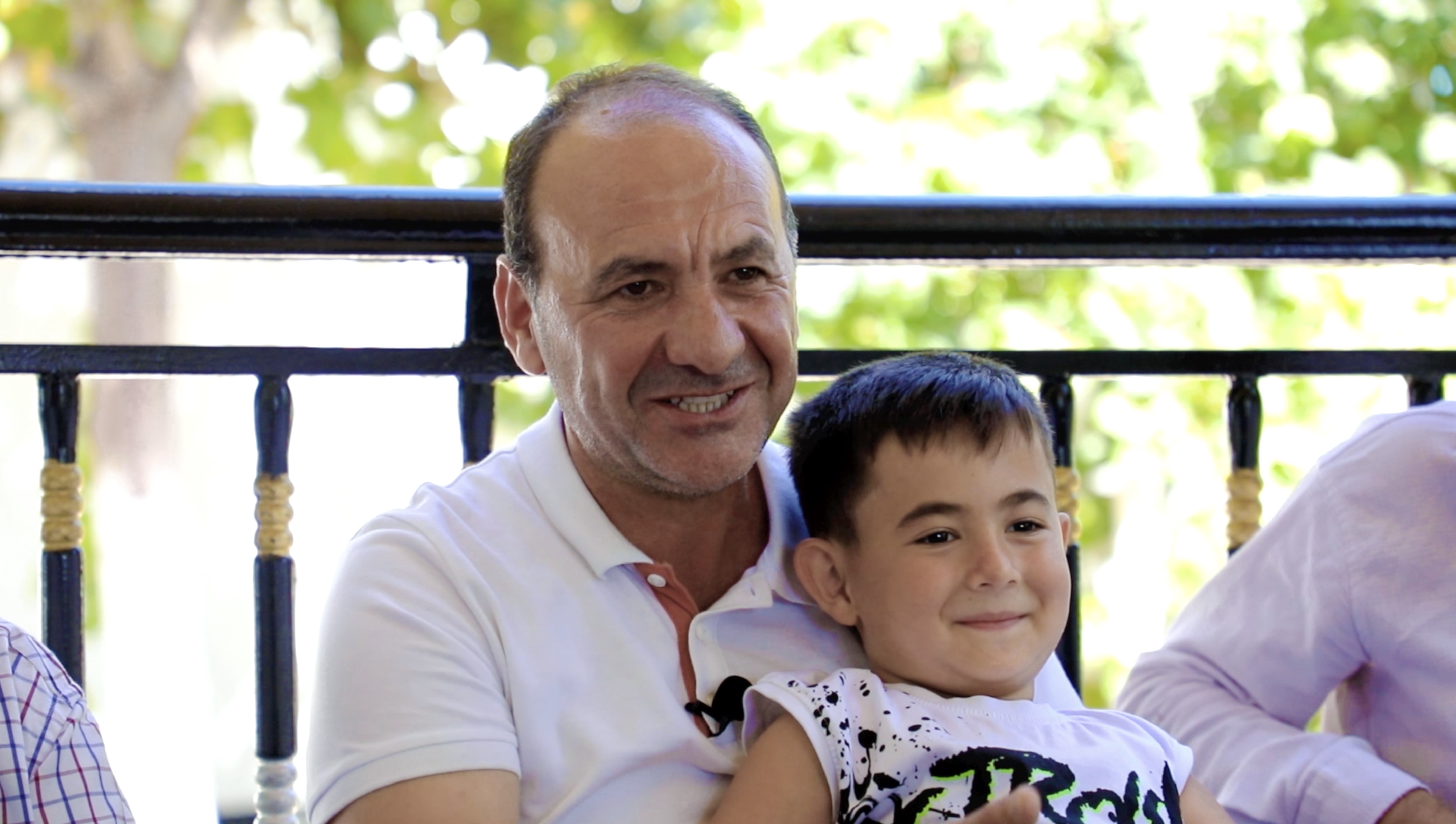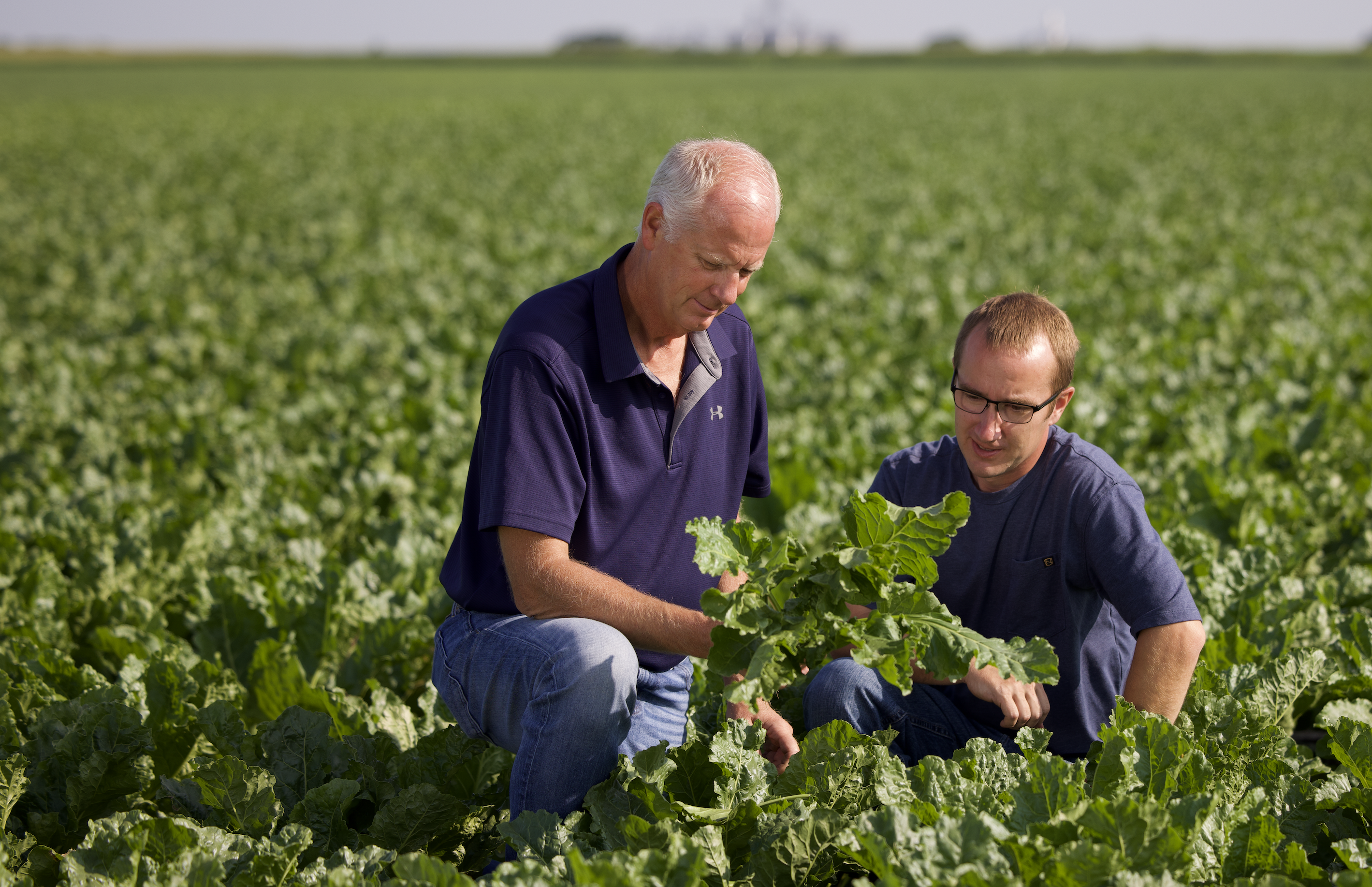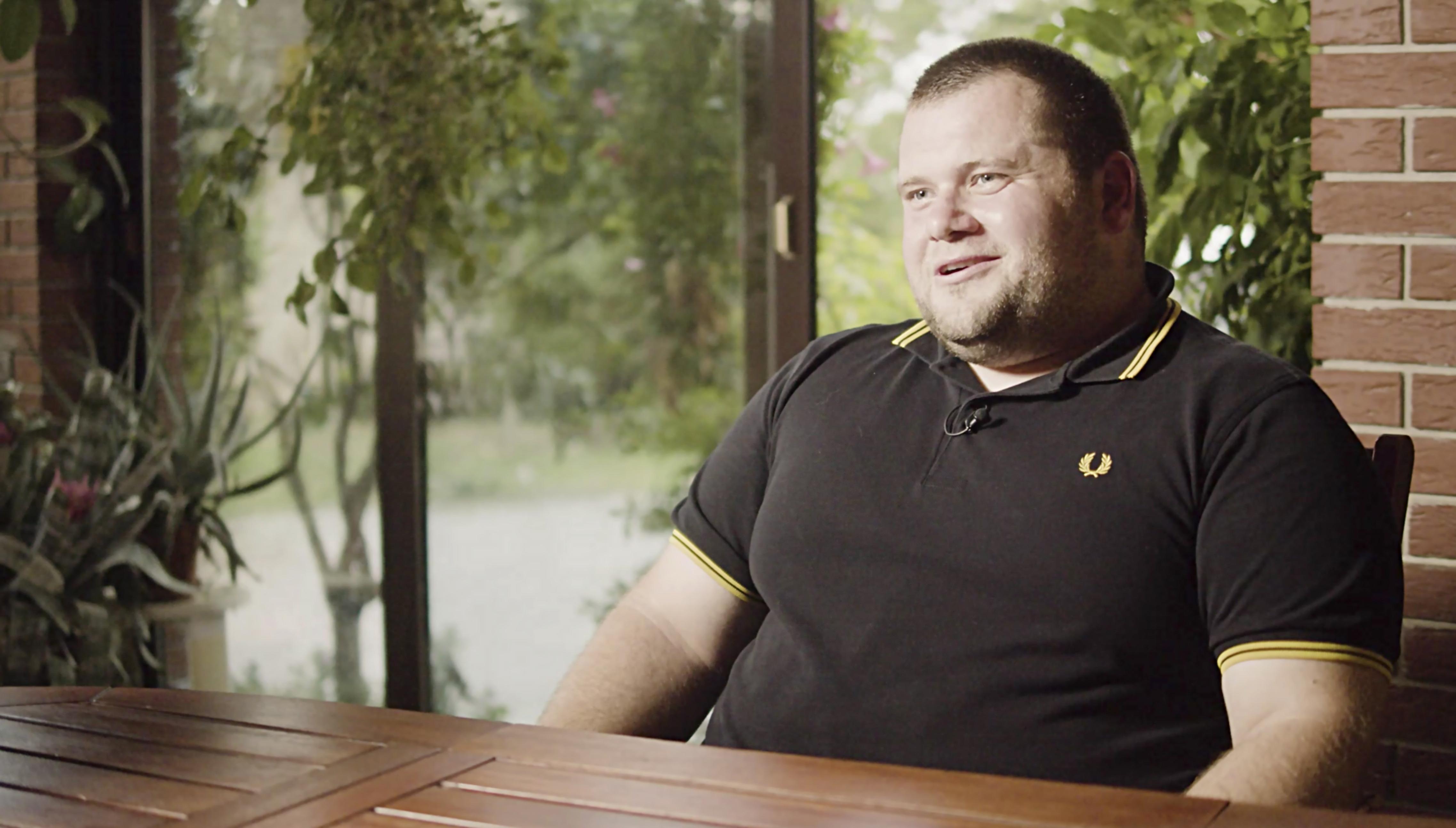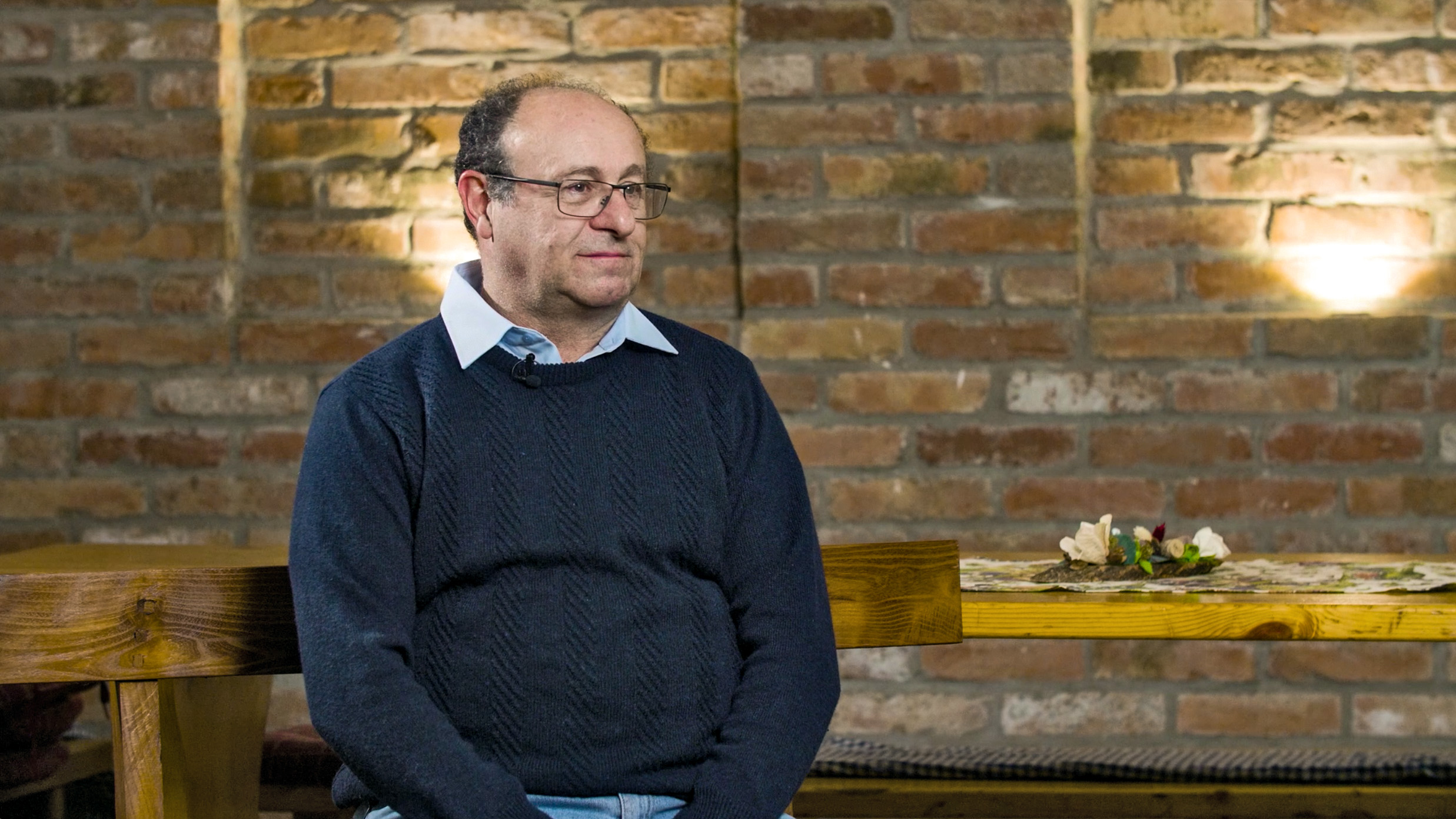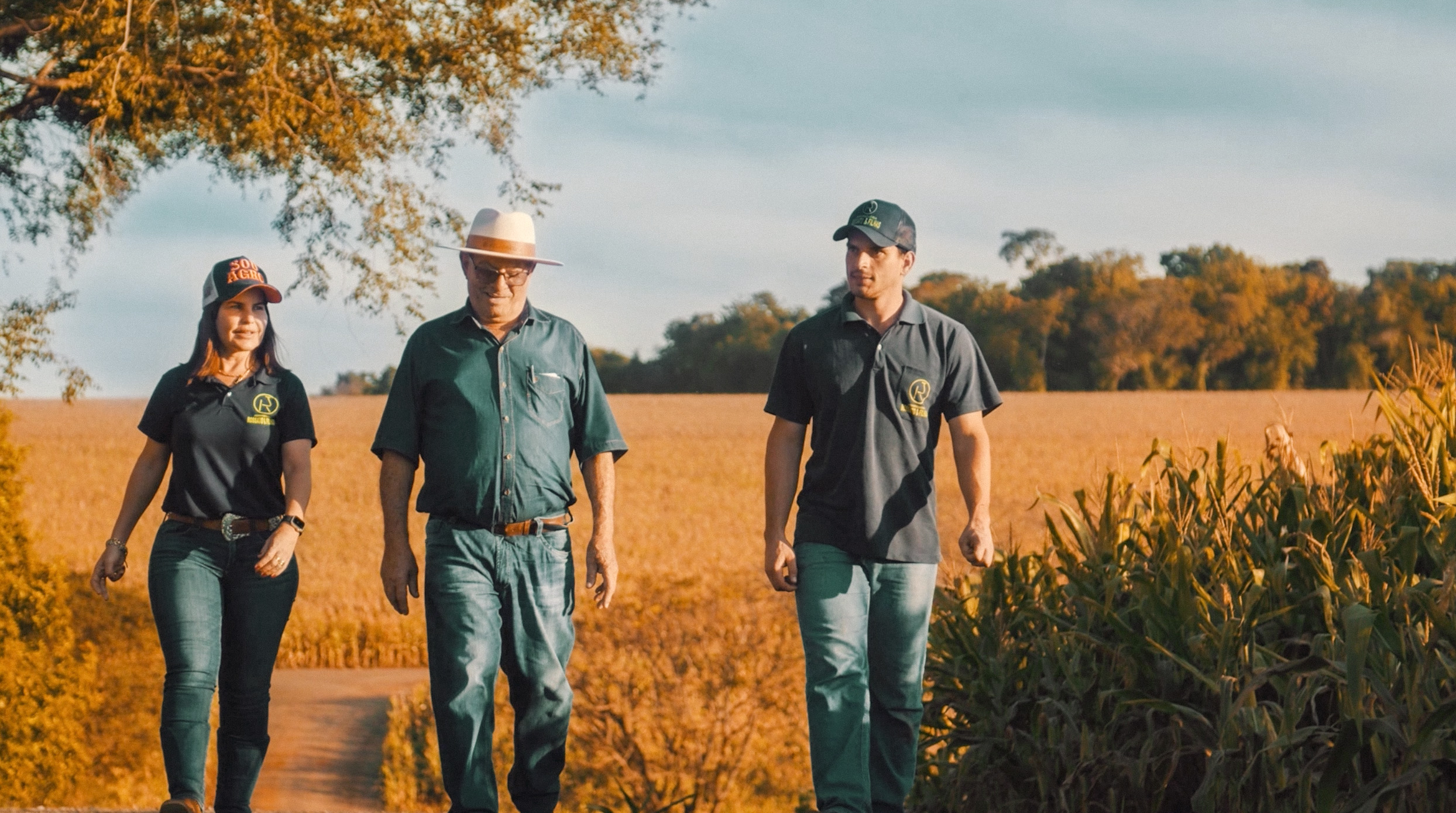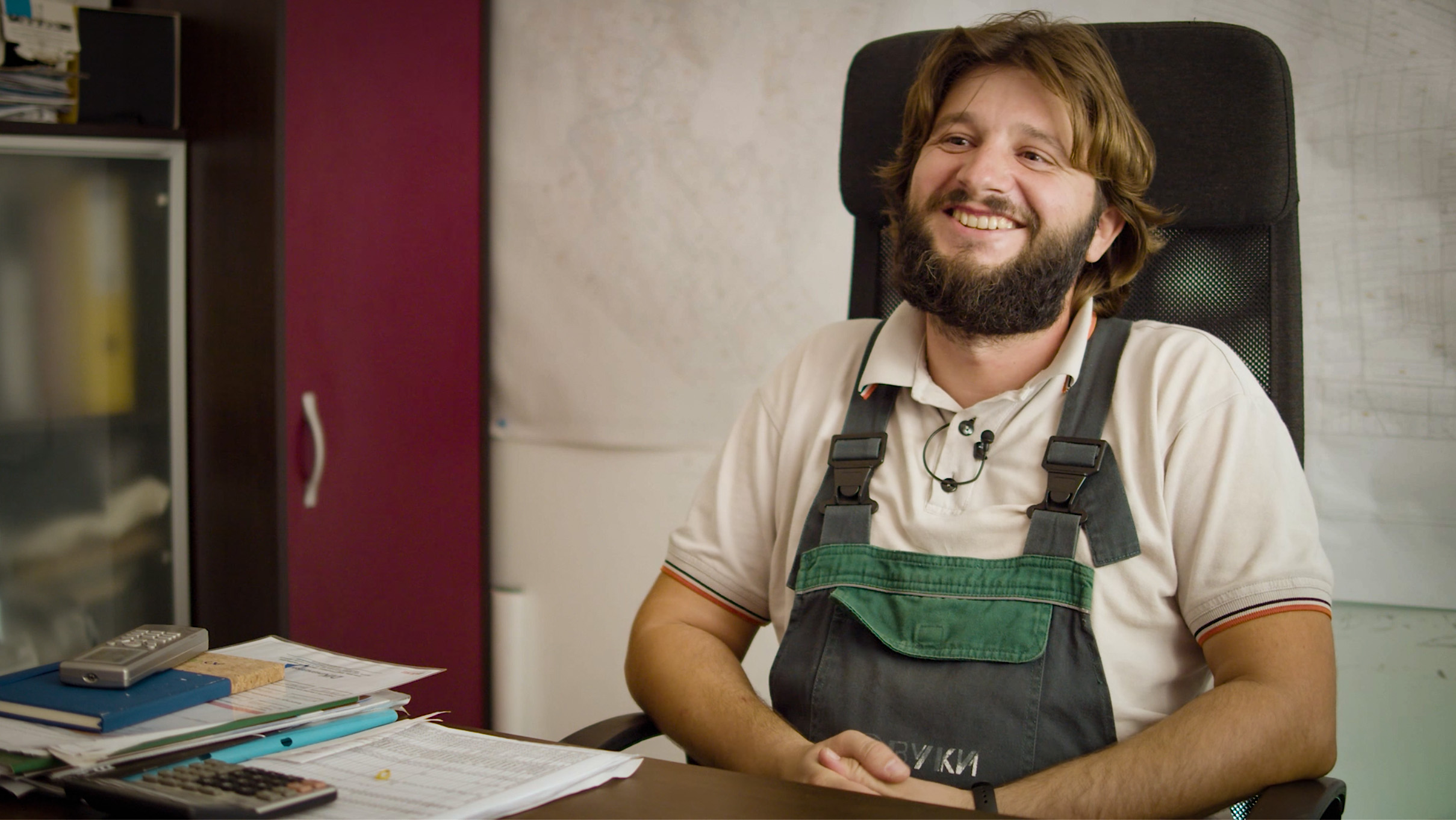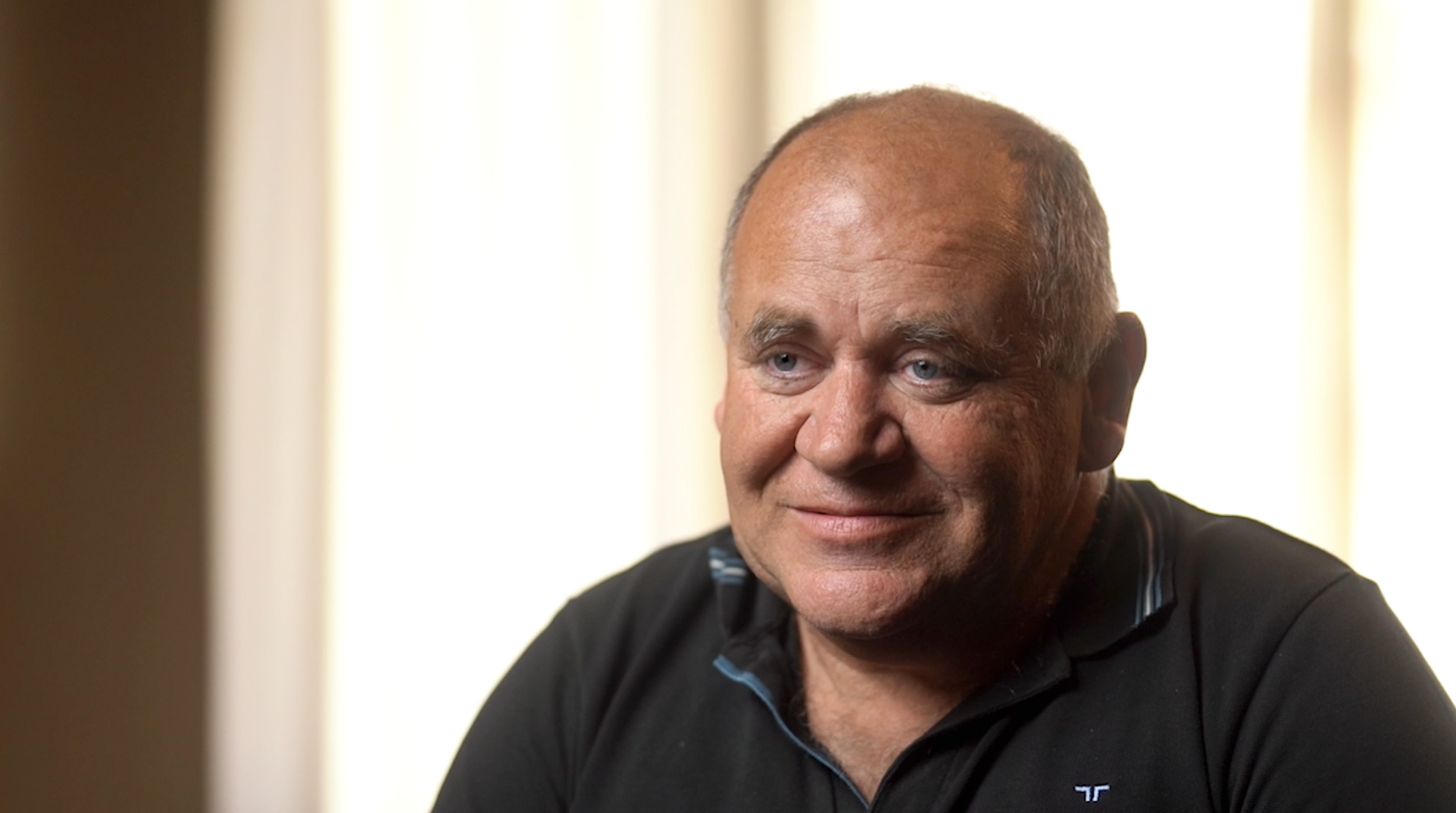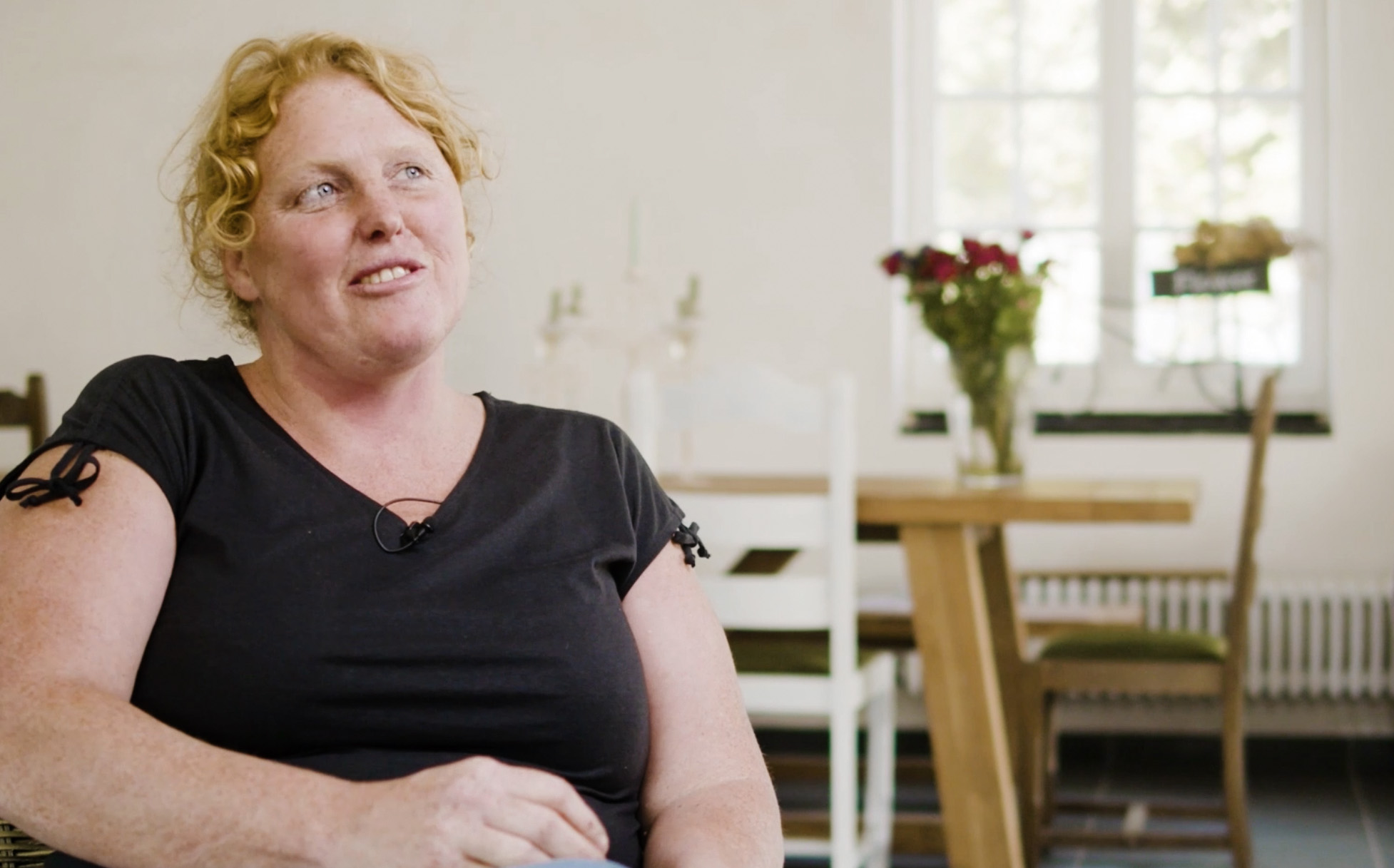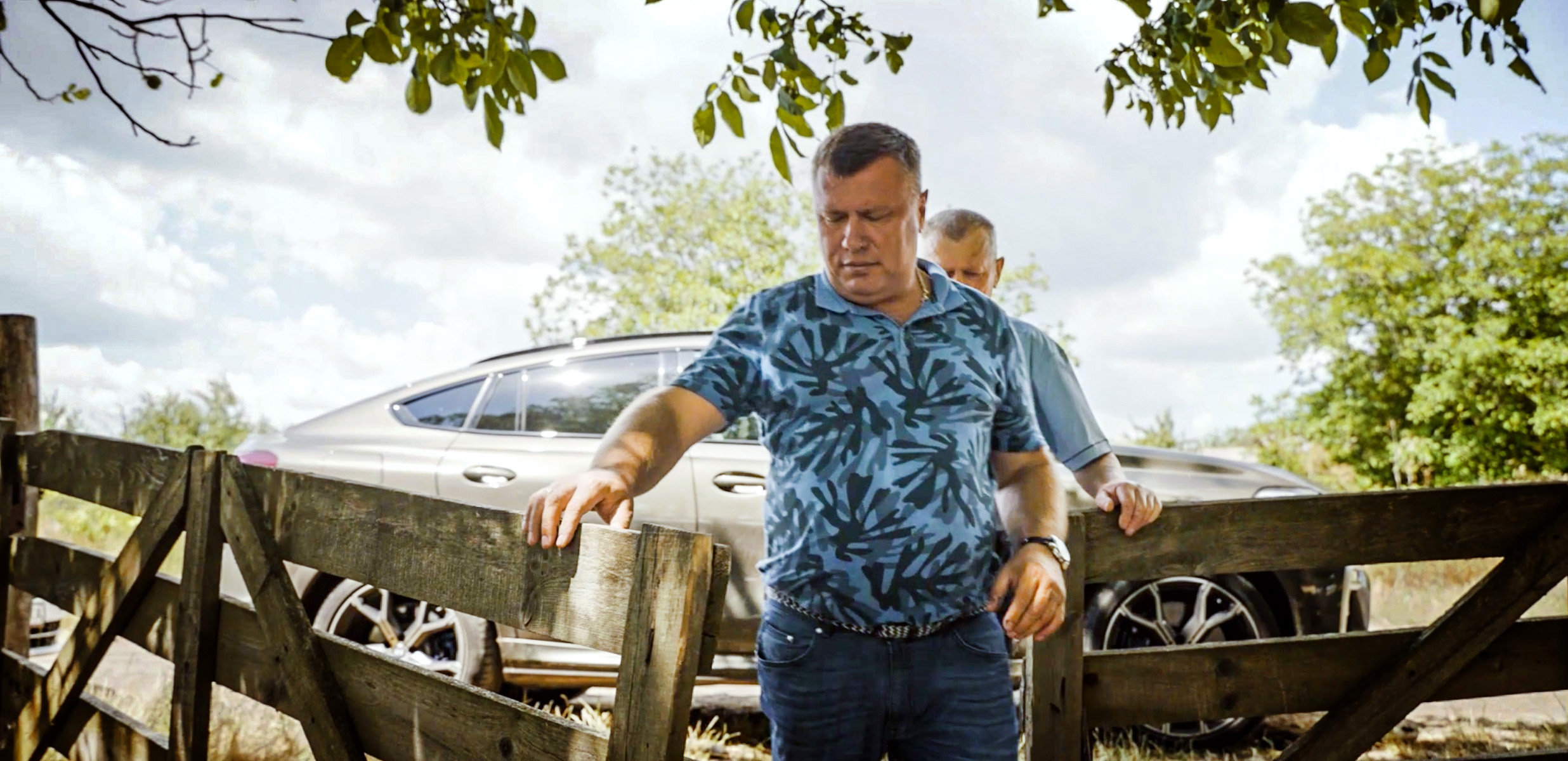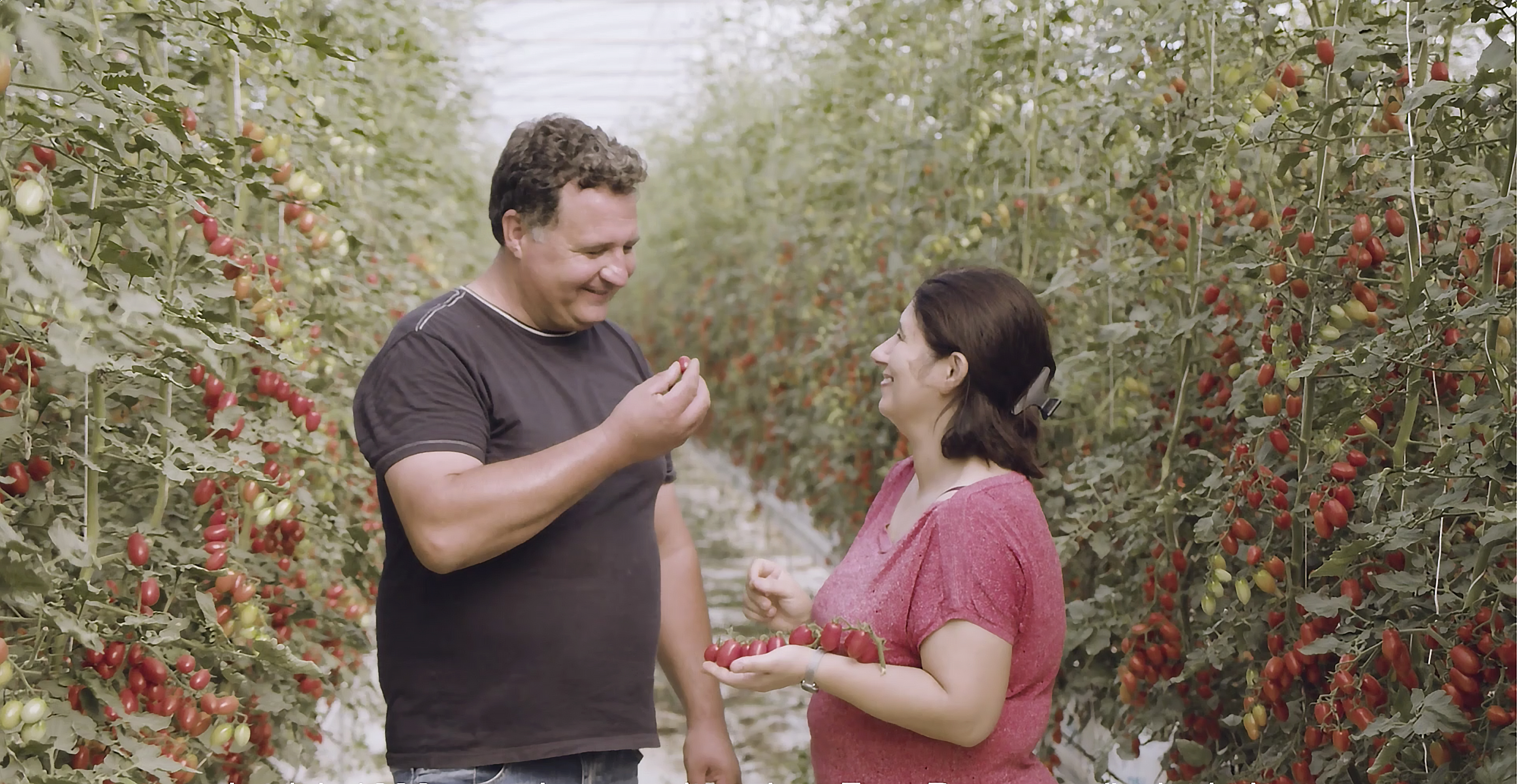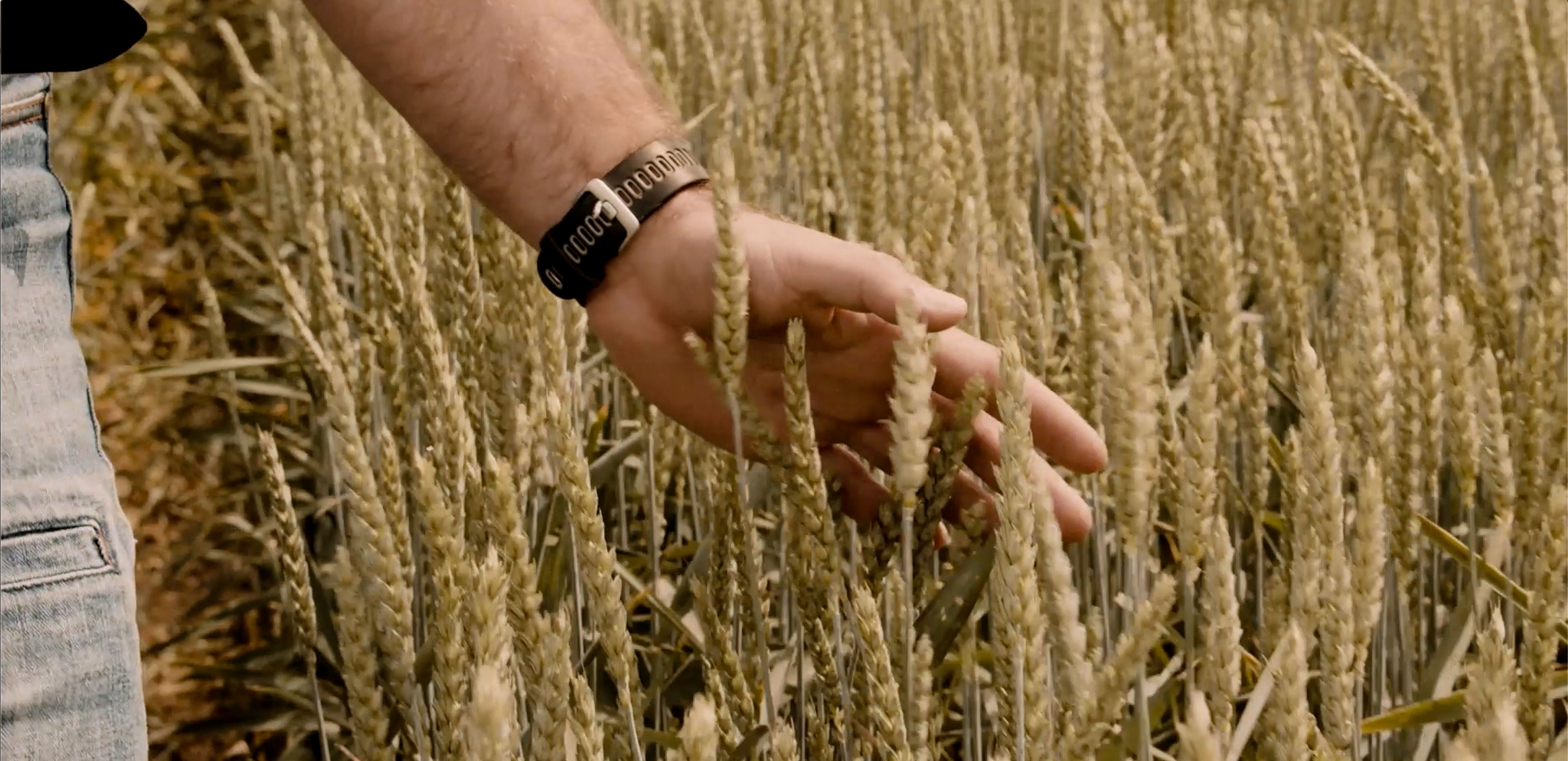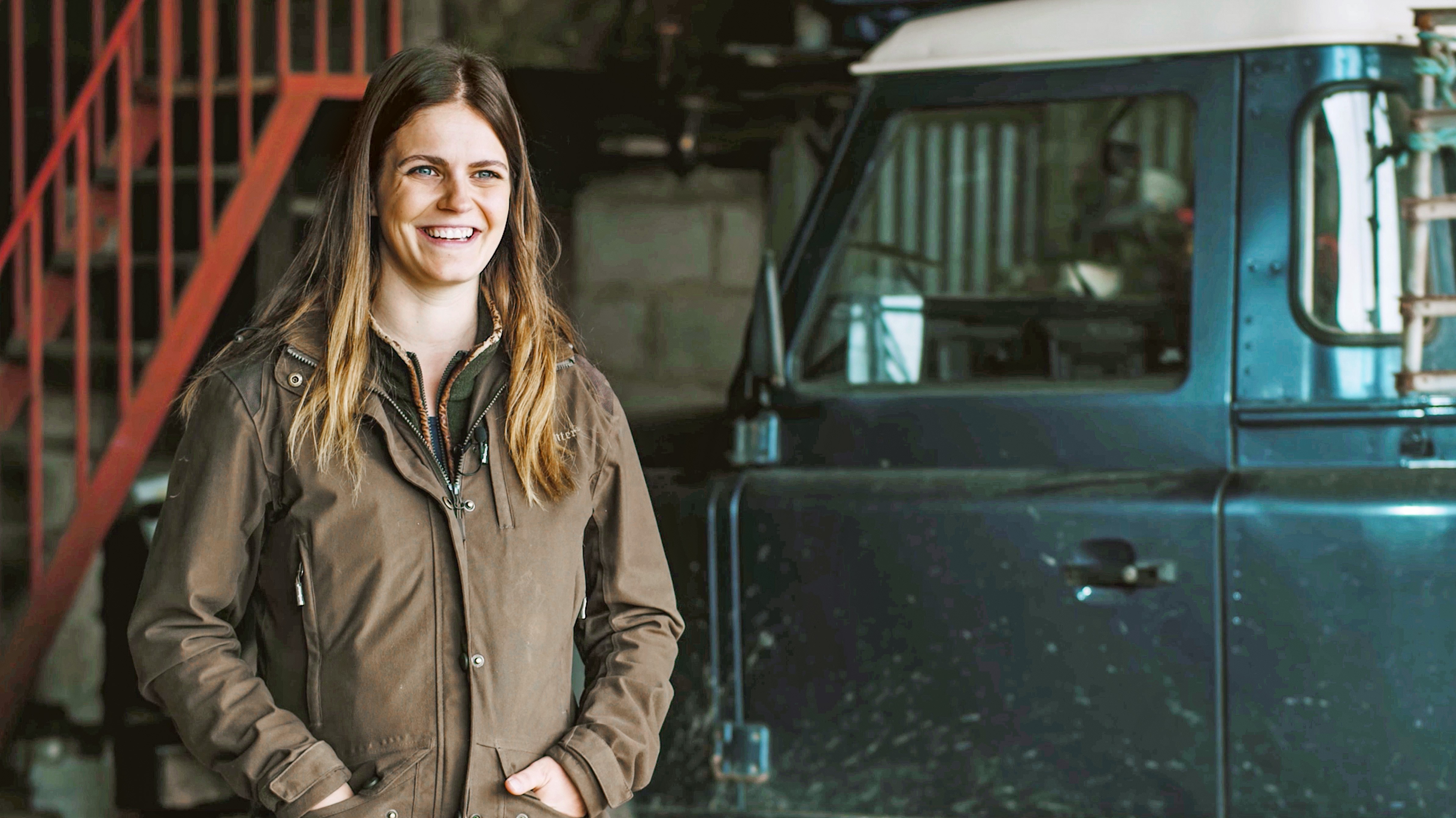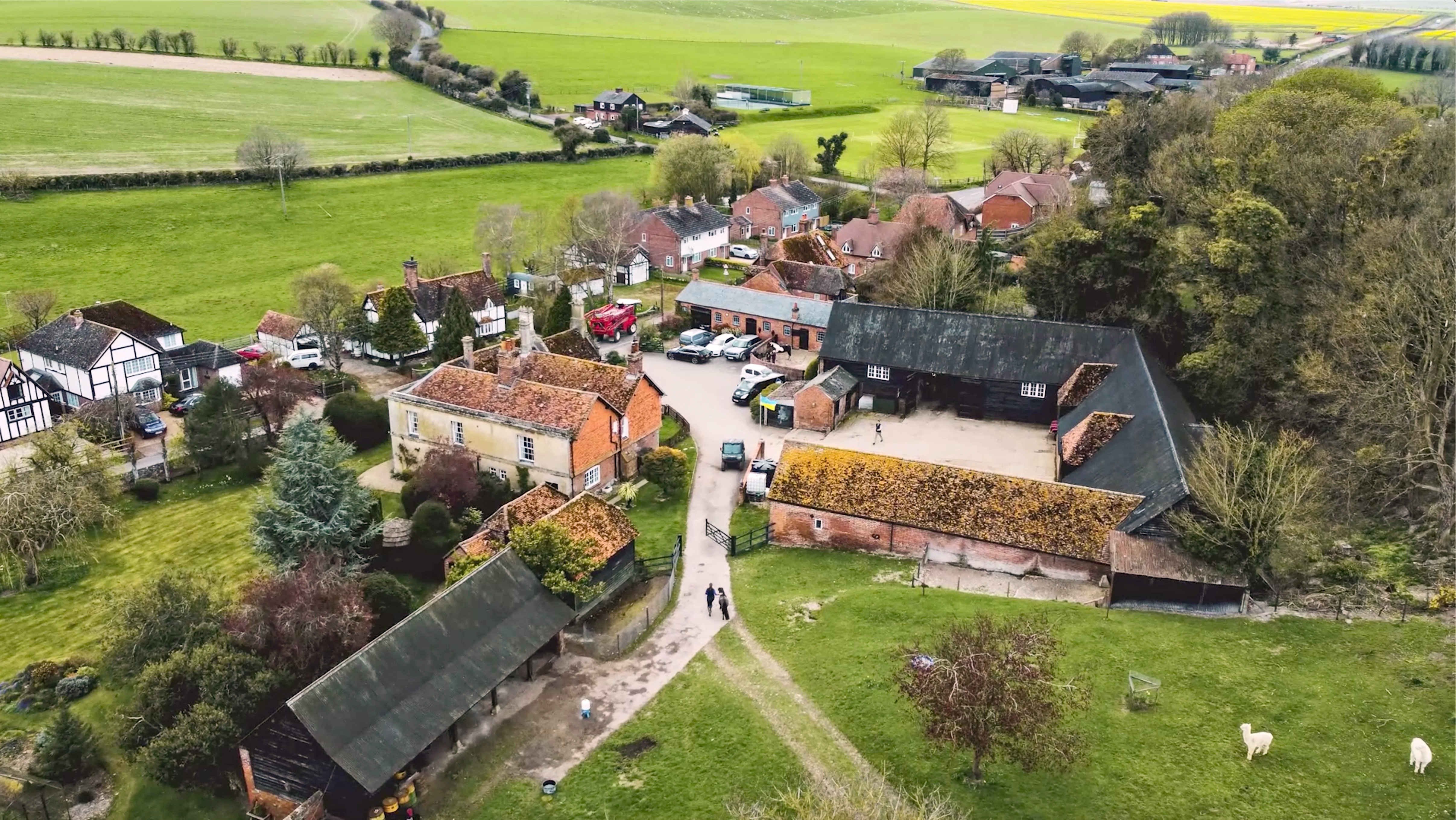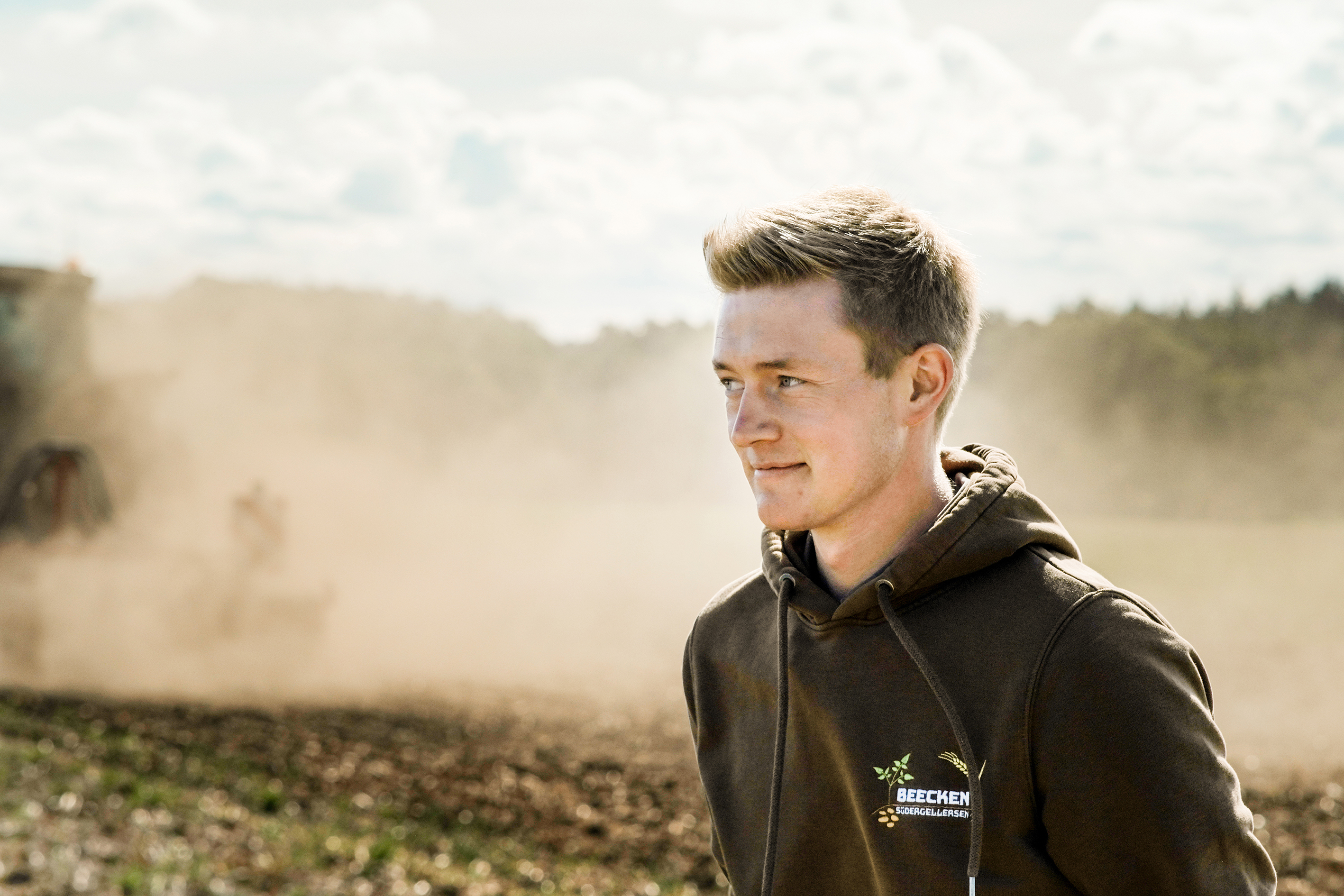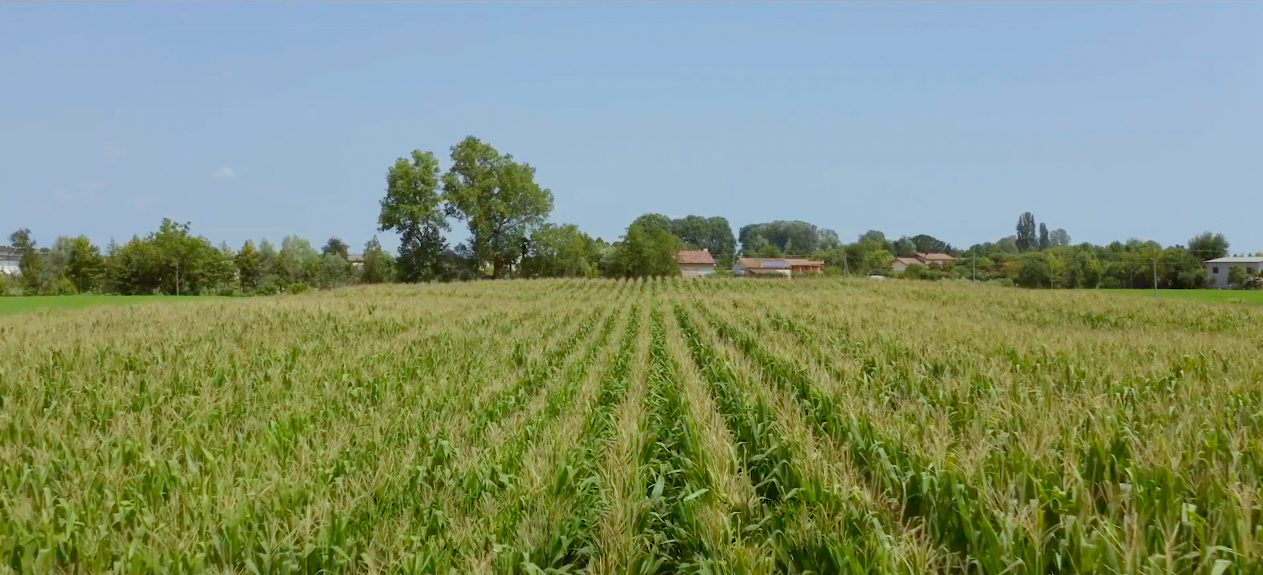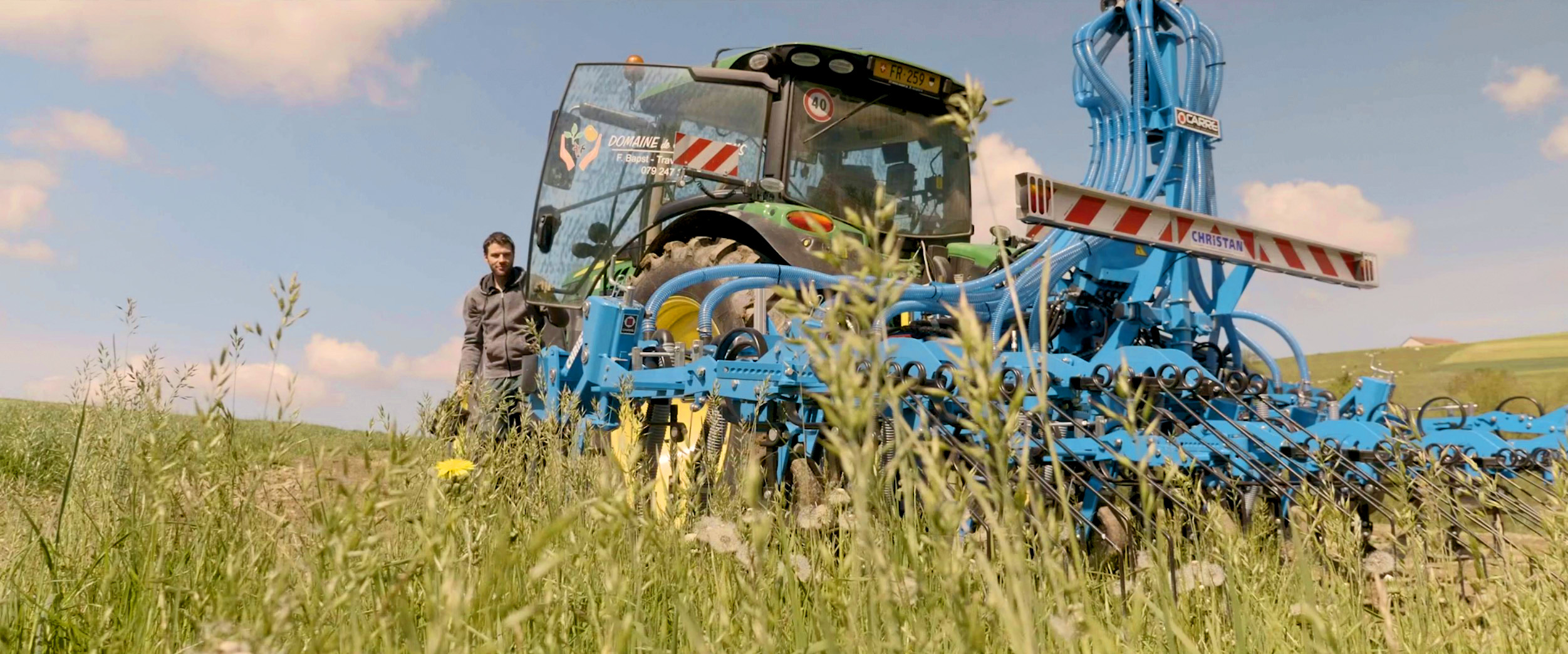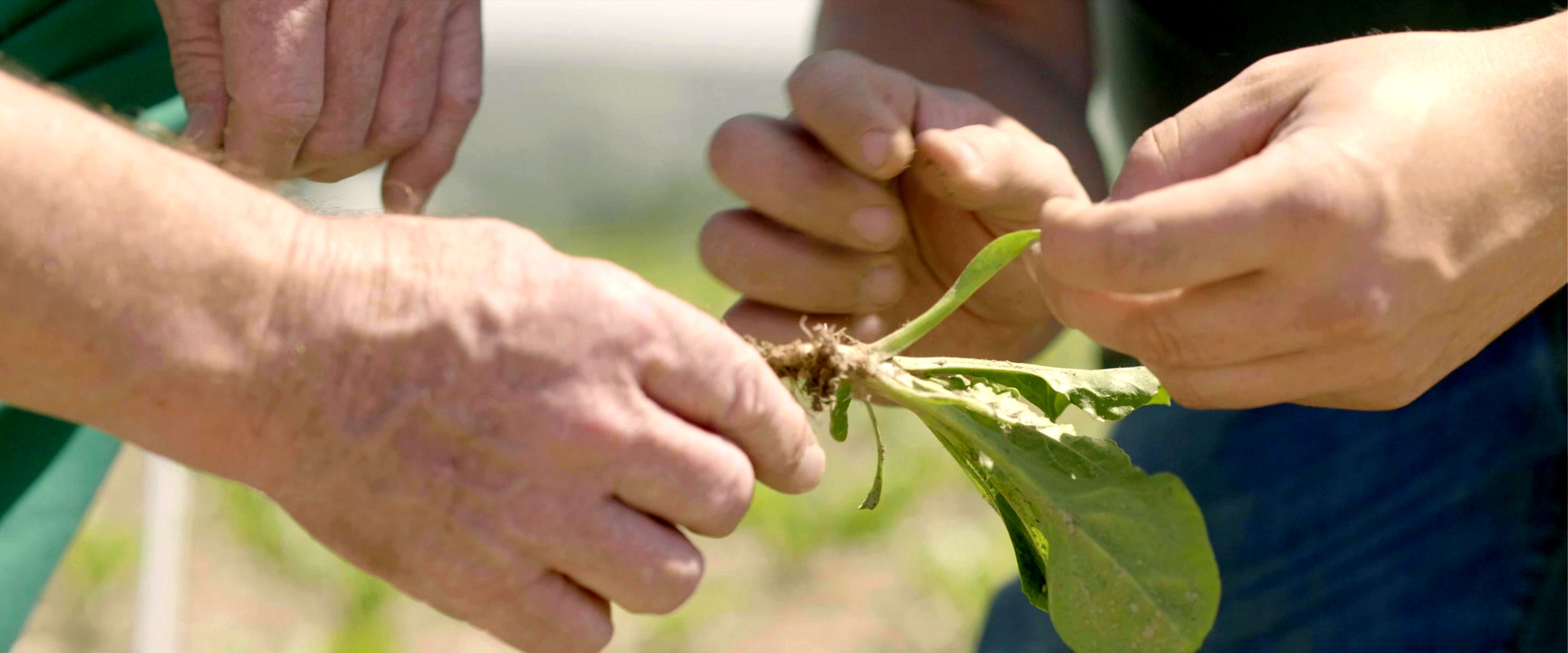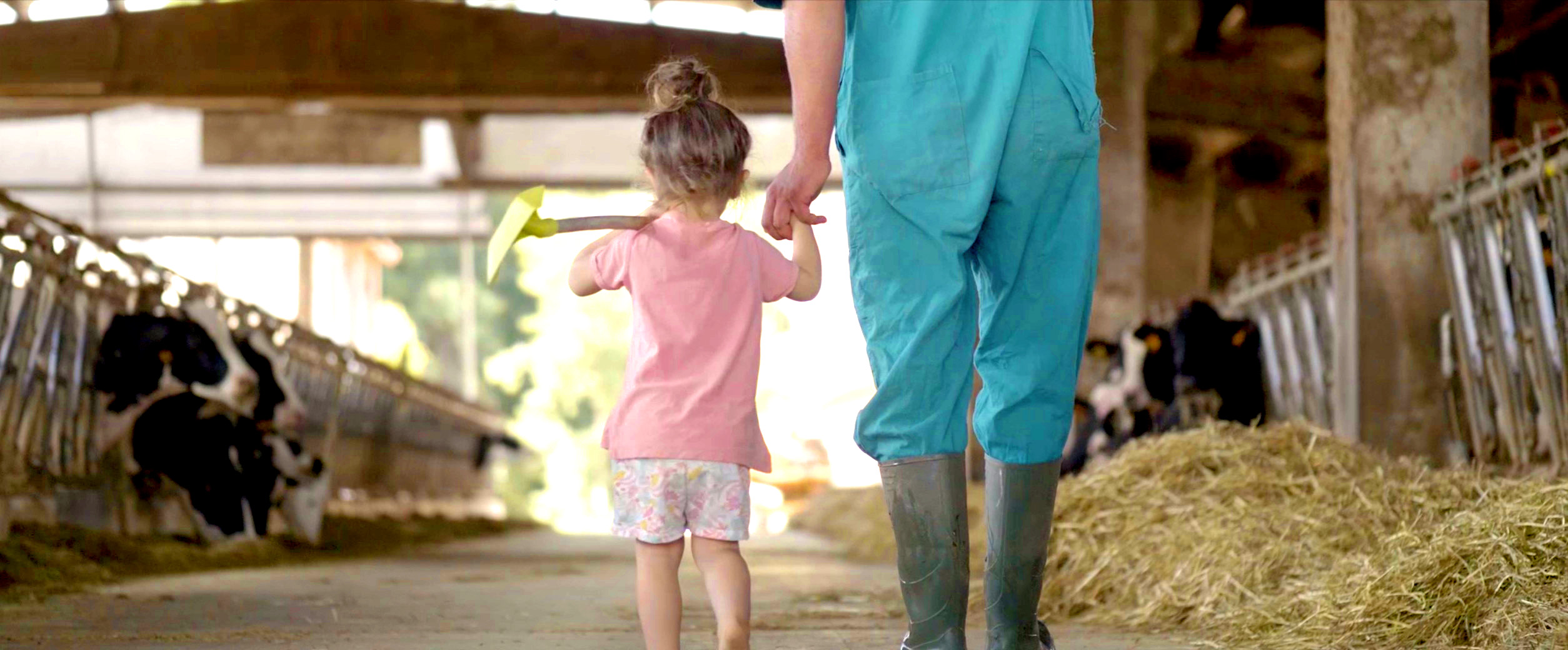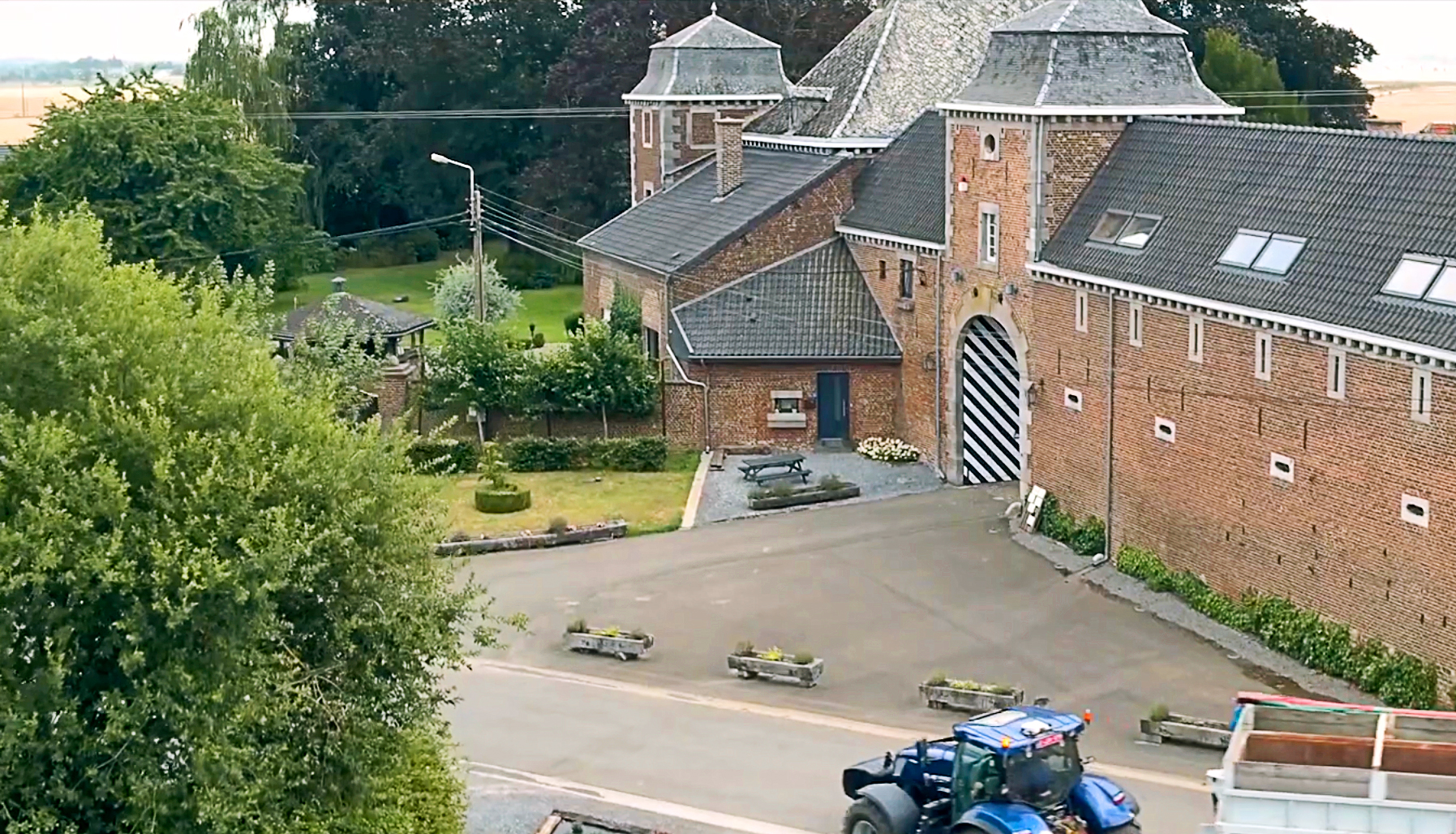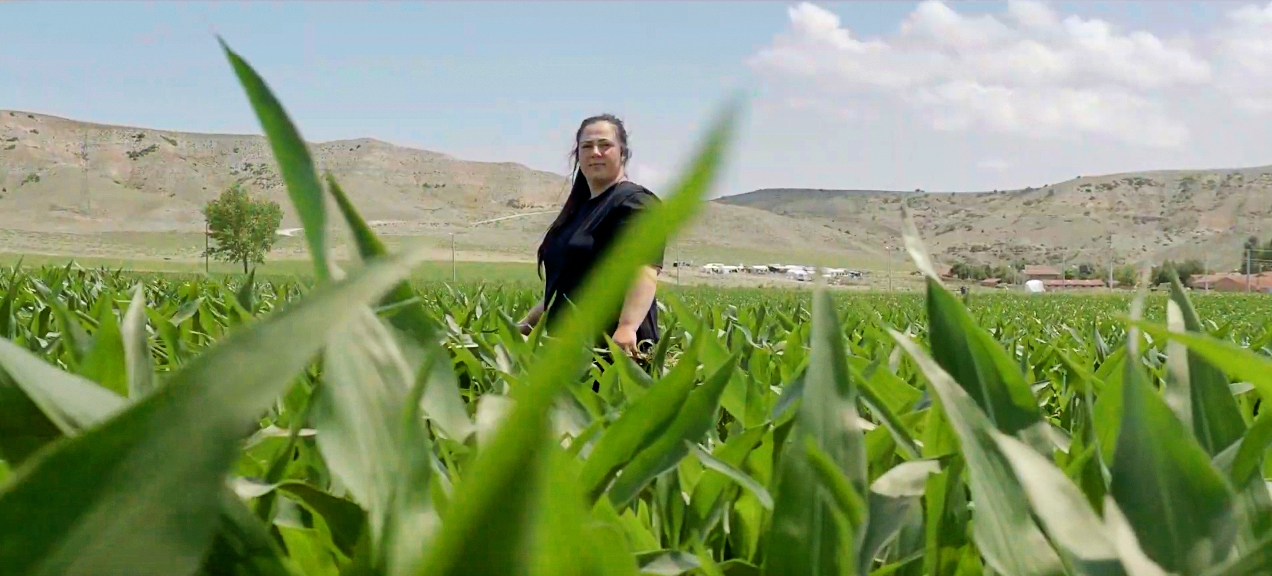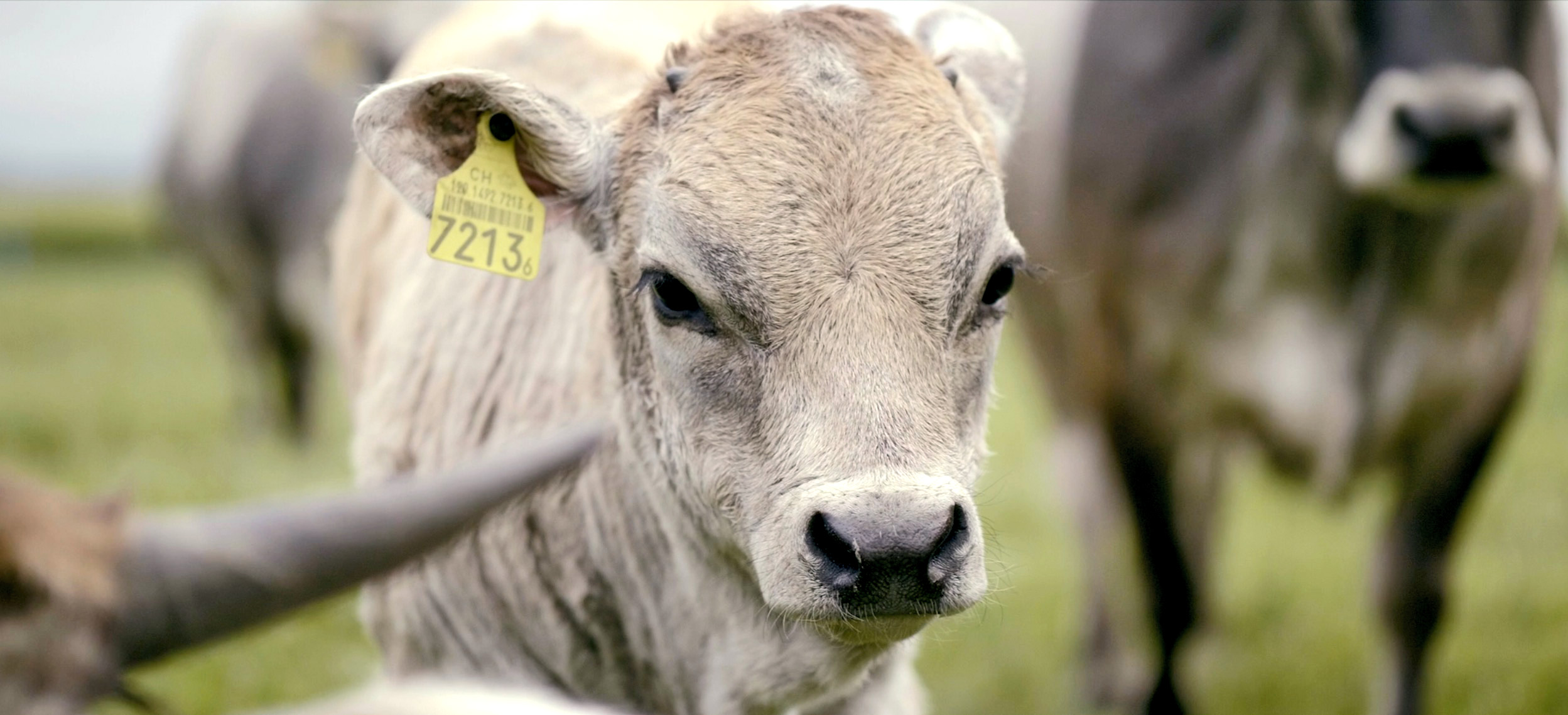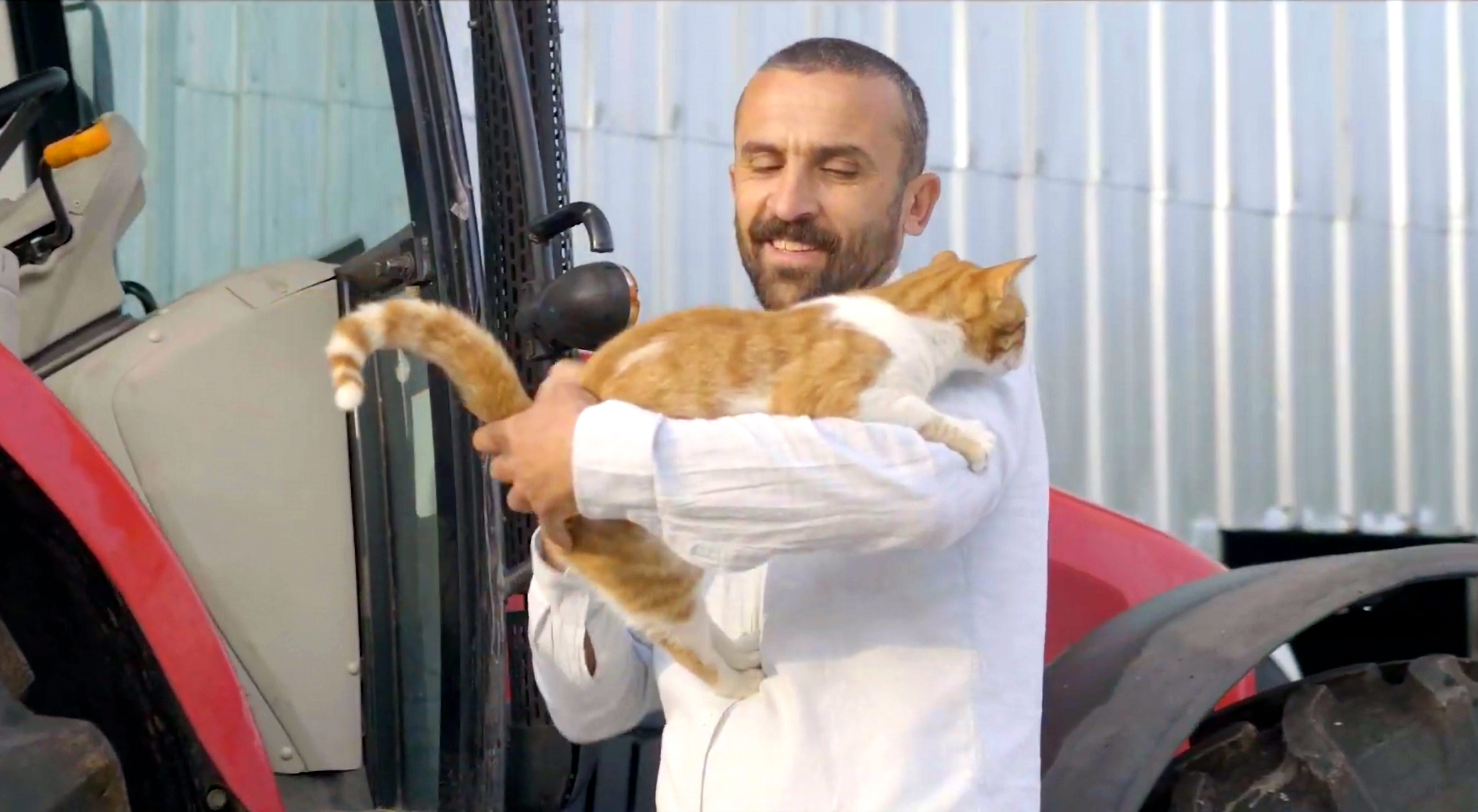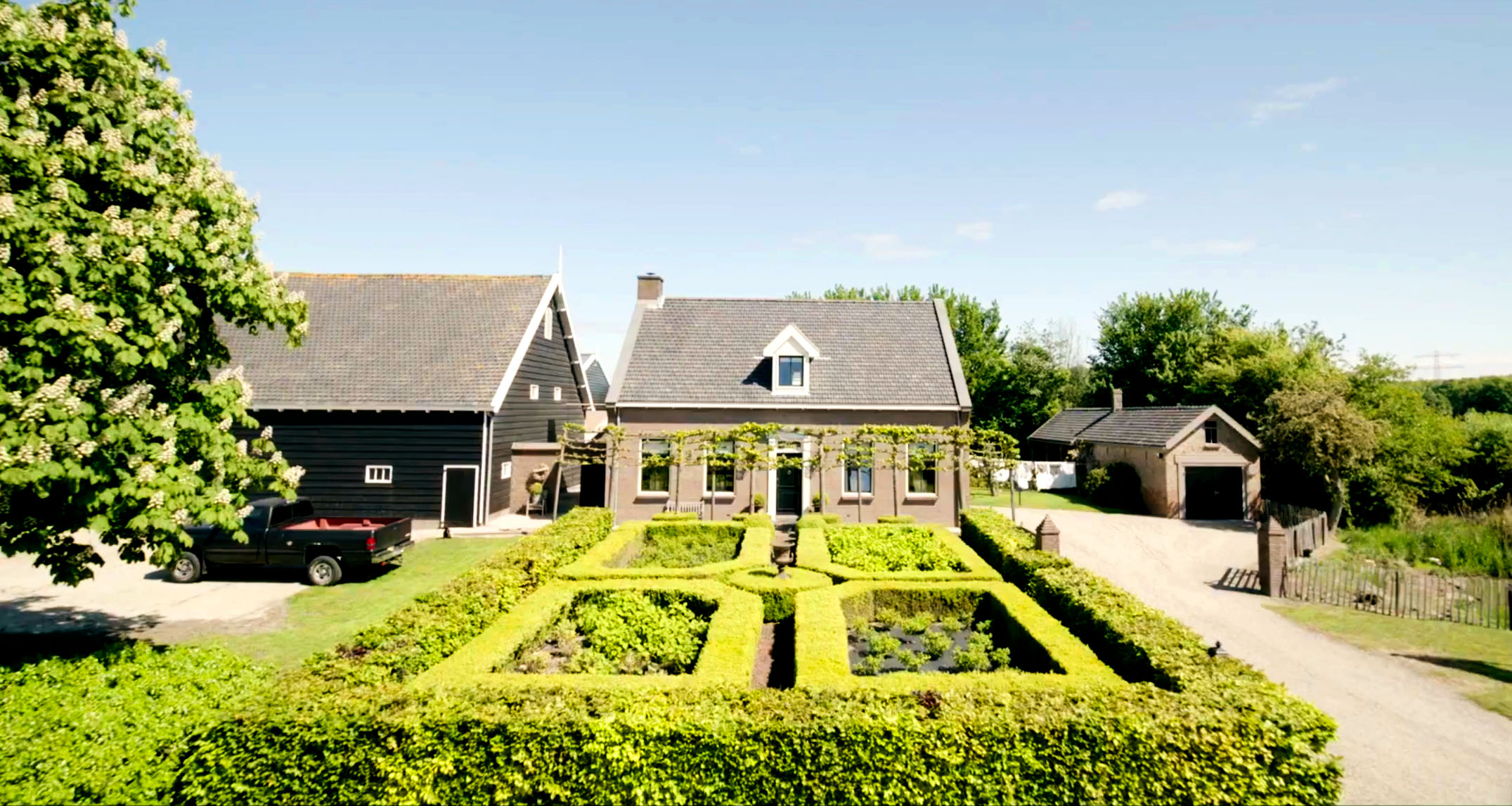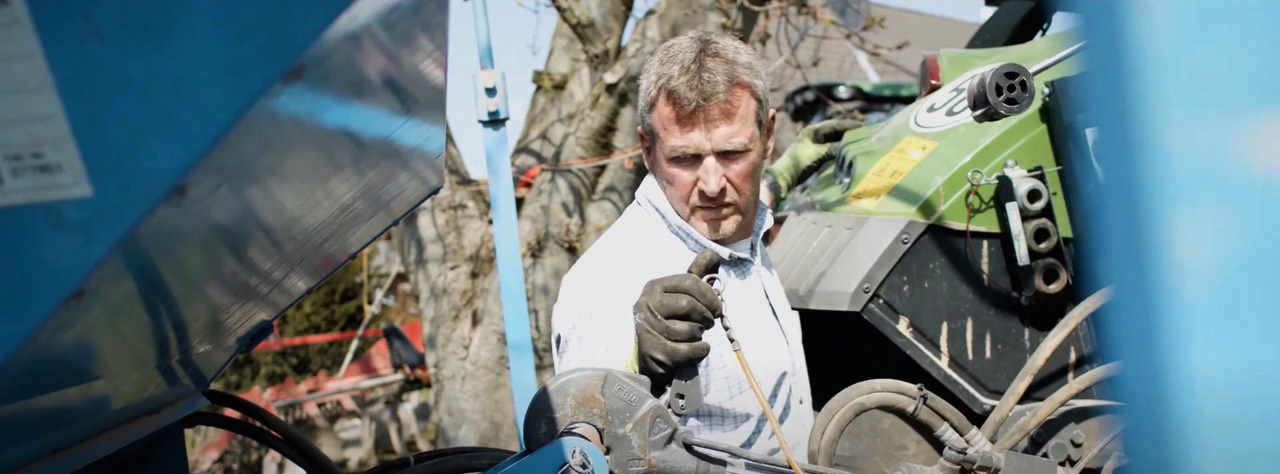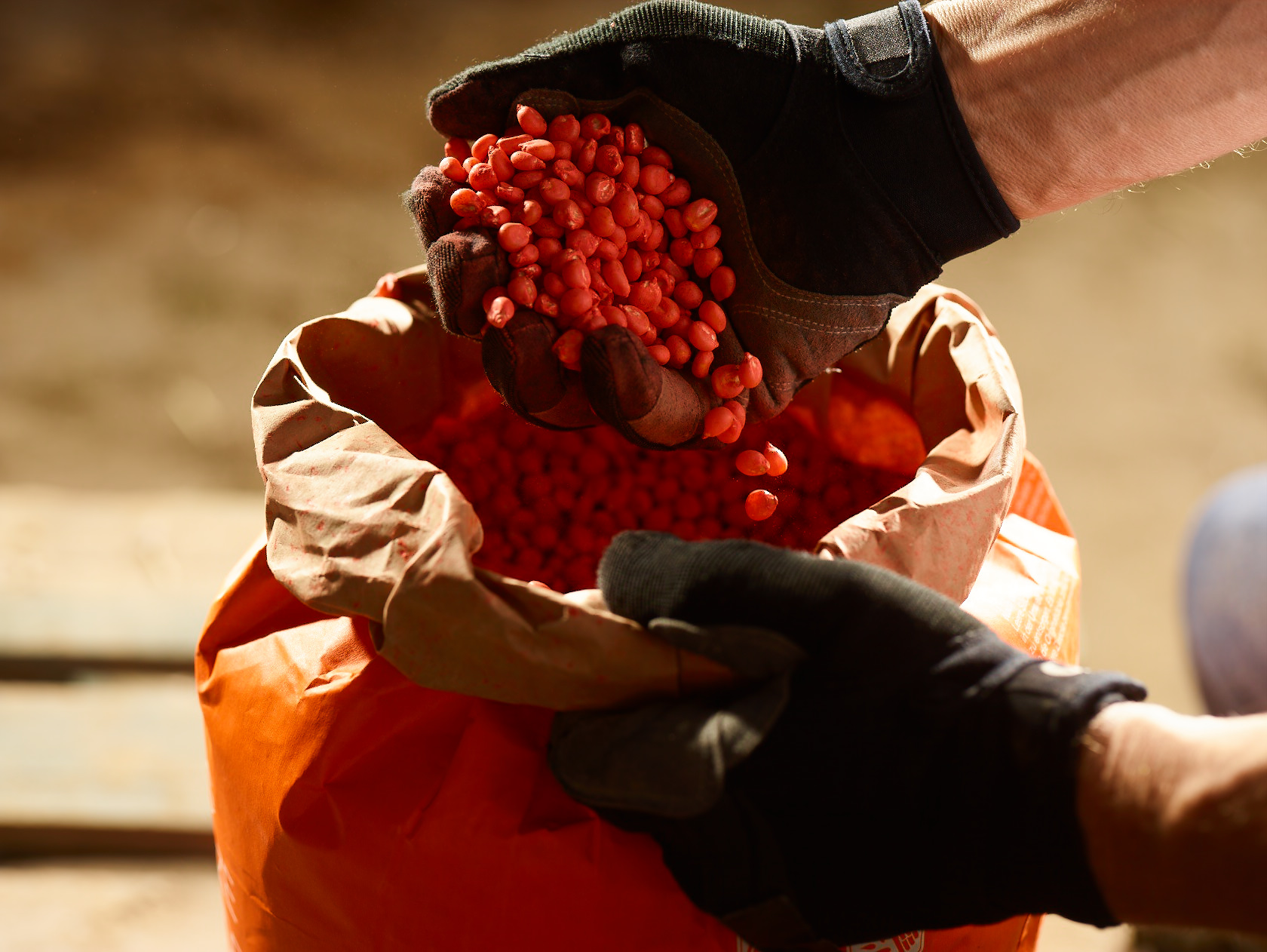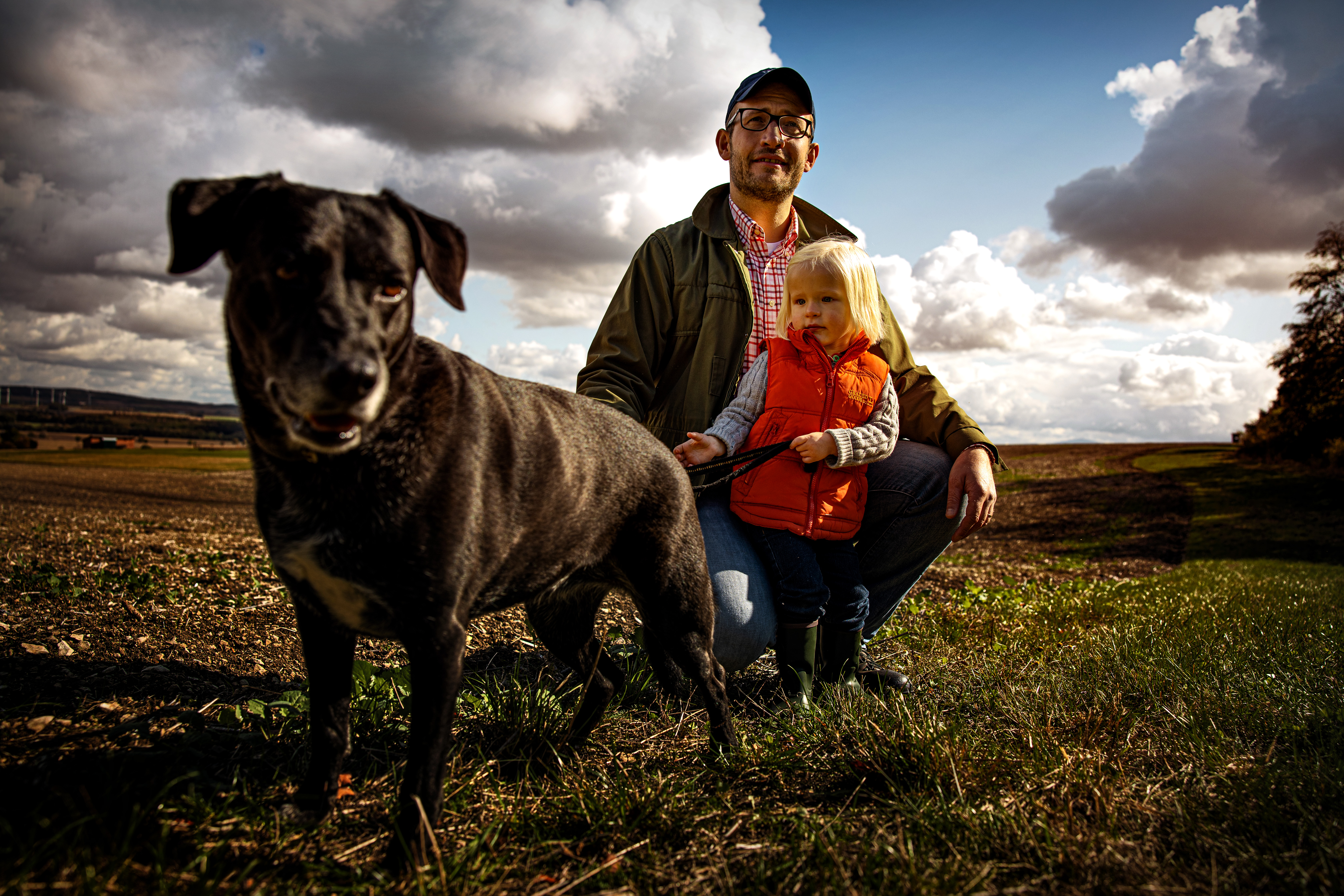Farming Insider: Atila, Anastasia & Andrea Sabo, Croatia
SABO Farm
The Sabo family has been farming their land in Karanac, Croatia, since the beginning of the 20th century. Farmer Atila Sabo works on the farm with his brother, his wife Juliana, their two daughters Anastasia and Andrea, and their sons-in-law.
Farm facts
Family-run farm where two generations work together
Location: Karanac, Osijek-Baranja County, Croatia
Crops cultivated: corn, wheat, sunflowers, rapeseed, malting barley
Special features: SABO Farm has a long tradition as a winery and enjoys a good reputation as a vineyard beyond its agricultural sector. Atila’s great-grandfather and grandfather had the winery built in 1909, and since then the vineyards around the farm have gradually been expanded by several hectares. In 2015 the Sabo family opened a tasting room to market the winery as a tourist attraction as well.
It is only with a certain friction between generations that we make progress and achieve positive results.
Question time
Atila, when we look around SABO Farm, we see that it is surrounded by picturesque vines. Your family is made up of not only passionate farmers, but also passionate winemakers.
Atila: That’s right, alongside the agriculture we are also active in viticulture. My ancestors built the wine cellar on our estate in 1909. We are wine lovers, especially my wife, my daughters and I – and so we are continuing our family’s winemaking tradition.
Anastasia: Right now, crop production is our main activity because that’s our bread and butter. But viticulture and winemaking have always been there within the family. After we expanded our vineyards by several hectares over recent years, winemaking became a second domain for us.
The shift in the farm to also incorporate a winery underscores the transformation of modern farms that defy the challenges of our time. Atila, you already experienced upheaval at an earlier stage.
Atila: In crop production – which for us means corn, wheat, sunflowers, rapeseed, malting barley and, in earlier times, sugar beet – we have already won three awards as the best producer in the whole of Croatia.And to this day it makes me very sad that we had to give up sugar beet due to financial reasons. Two sugar factories in the region closed, so we had to draw a line under that crop. I am hoping for a comeback, but it will be very difficult.
Anastasia, it seems you don’t mourn the old days quite as much as your father.
Anastasia: On the contrary, I like to joke that agriculture no longer looks like it did 50 years ago. The market dictates the pace to a certain extent, and we have to adapt to that speed. We need modern machines, for example, for modern farming. This is how we master the challenges that come our way every year – in addition to changes in the climate. My role on the farm is correspondingly varied and adaptable. I am not only involved in viticulture and winemaking, but I also write business plans and implement tourism projects that take place within the scope of our winery.
It’s great that you can count on so much family support for the various projects on the farm. What form does that take on a day-to-day basis?
Andrea: When we have groups doing wine tasting, then of course I can’t take our children with us, and my mother and my husband are hugely helpful here. Between my husband and me, the work is divided up in various ways. He takes an active part in farming, is responsible for mowing, and does agricultural work, while I take care of the accounting in the office and the groups of visitors in the wine cellar.
Atila: Practically every morning, before we go to the field or to the workshop, my brother and I agree what we want to do during the day, what our duties are. So we share the work and have passed on this structure to our children in the same way.
At SABO Farm, work is also spread across the generations. Does that always work out harmoniously?
Atila: It’s normal for there to be friction every now and again. But after 50 years in farming, I’m proud to say that, thank God, we have never had a very serious dispute.
Anastasia: It’s always an interesting story when the younger generation joins a family business where the older generation has been working for several decades. Then we younger ones come fresh out of college with new ideas, wanting to put the theory into practice. Of course there are misunderstandings, but it is only with this tension, with a certain friction, that we make progress and achieve positive results. Meanwhile, our fathers have long since accepted that their children are now here with their suggestions and innovations. Our ideas are taken into account much more quickly than was the case ten years ago after graduation. The older and younger generations have learned to cooperate well with each other.
You don’t always have to move on, because there is no other place that is like your home and where you feel that kind of family cohesion.
Anastasia: I am very happy that I have chosen this direction in life and that I will continue the family tradition of my ancestors. I, too, hope to pass on the farm to my children one day, so that the tradition of our family farm will continue for a long time.
You don’t always have to move on, because there is no other place that is like your home and where you feel that kind of family cohesion.
Anastasia: I am very happy that I have chosen this direction in life and that I will continue the family tradition of my ancestors. I, too, hope to pass on the farm to my children one day, so that the tradition of our family farm will continue for a long time.
Paving the way. For a fruitful tomorrow.
Farm life is often characterized by family cohesion and traditions that have grown over decades. Around the world, many generations live and work on farms under one roof, and at some point the question of farm succession comes up. Our new Farmer Portraits focus on this generational change that many farmers are facing. Young and old alike - we visited farmers on their farms to have them tell us about their stories, their challenges and their hopes.
Your contact

